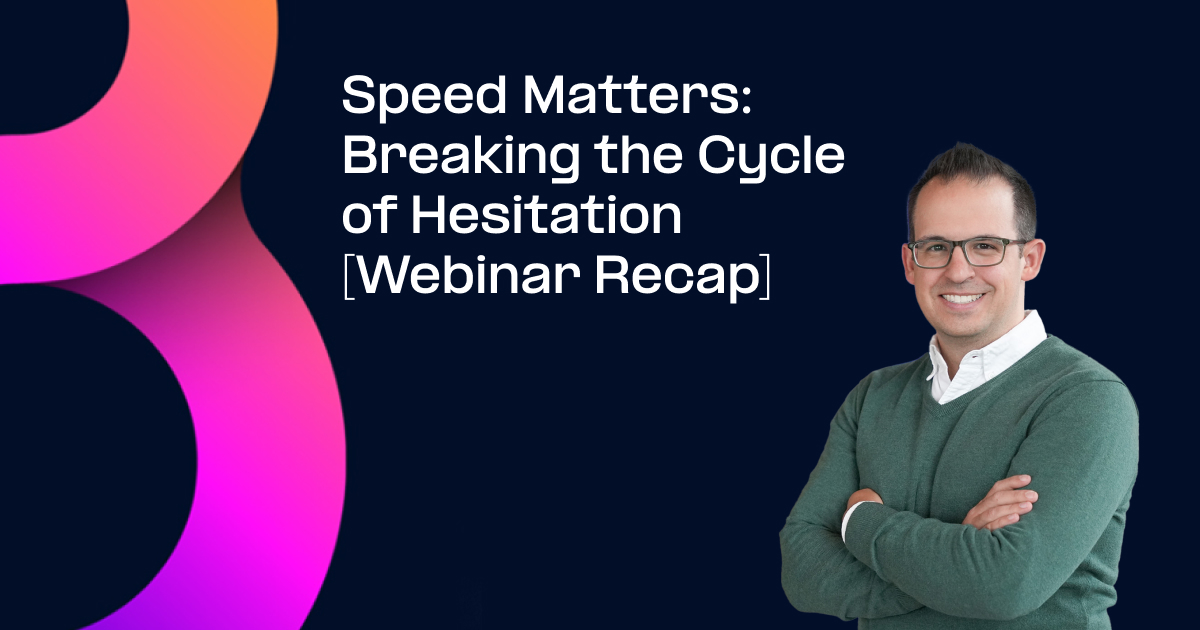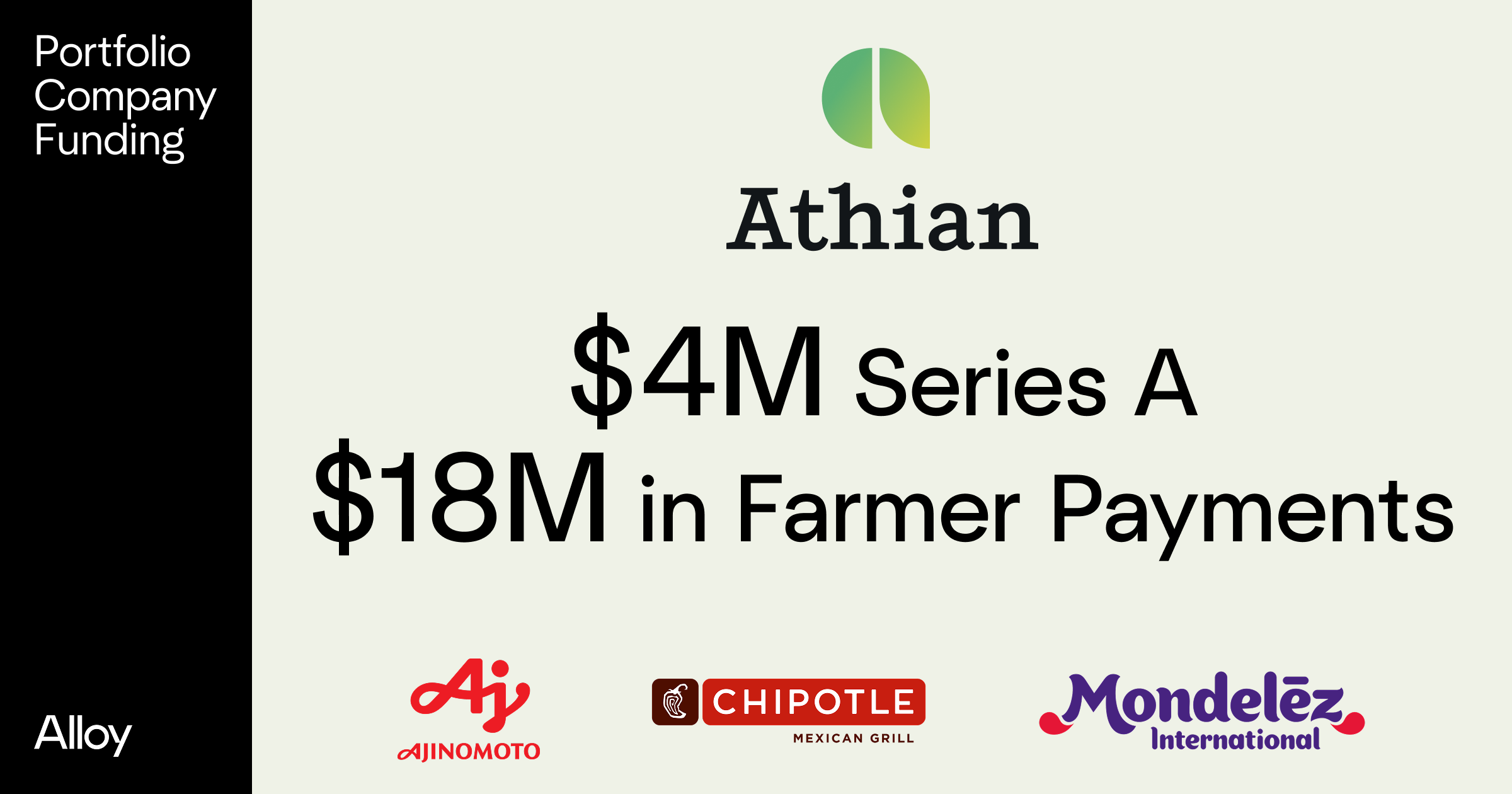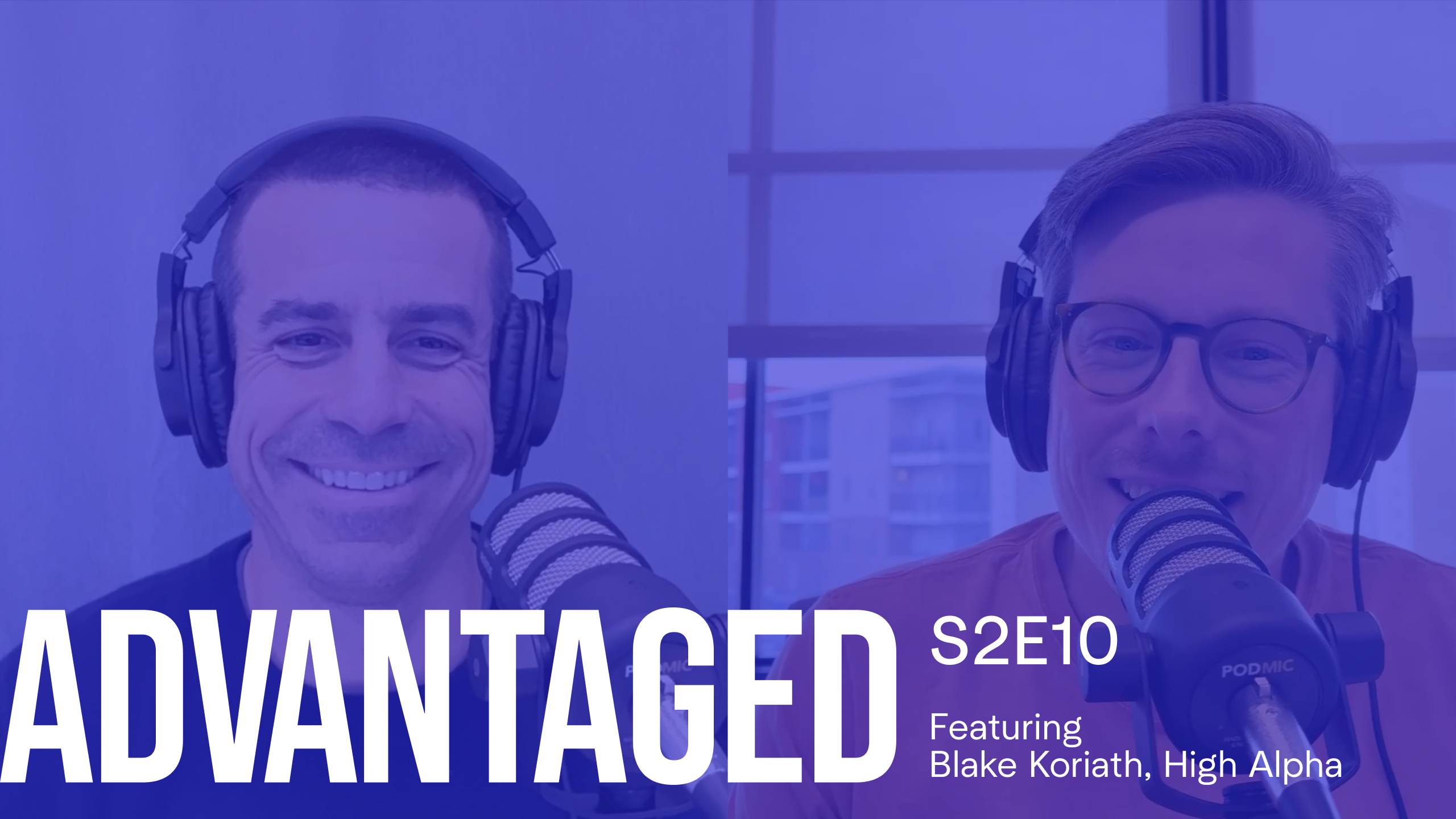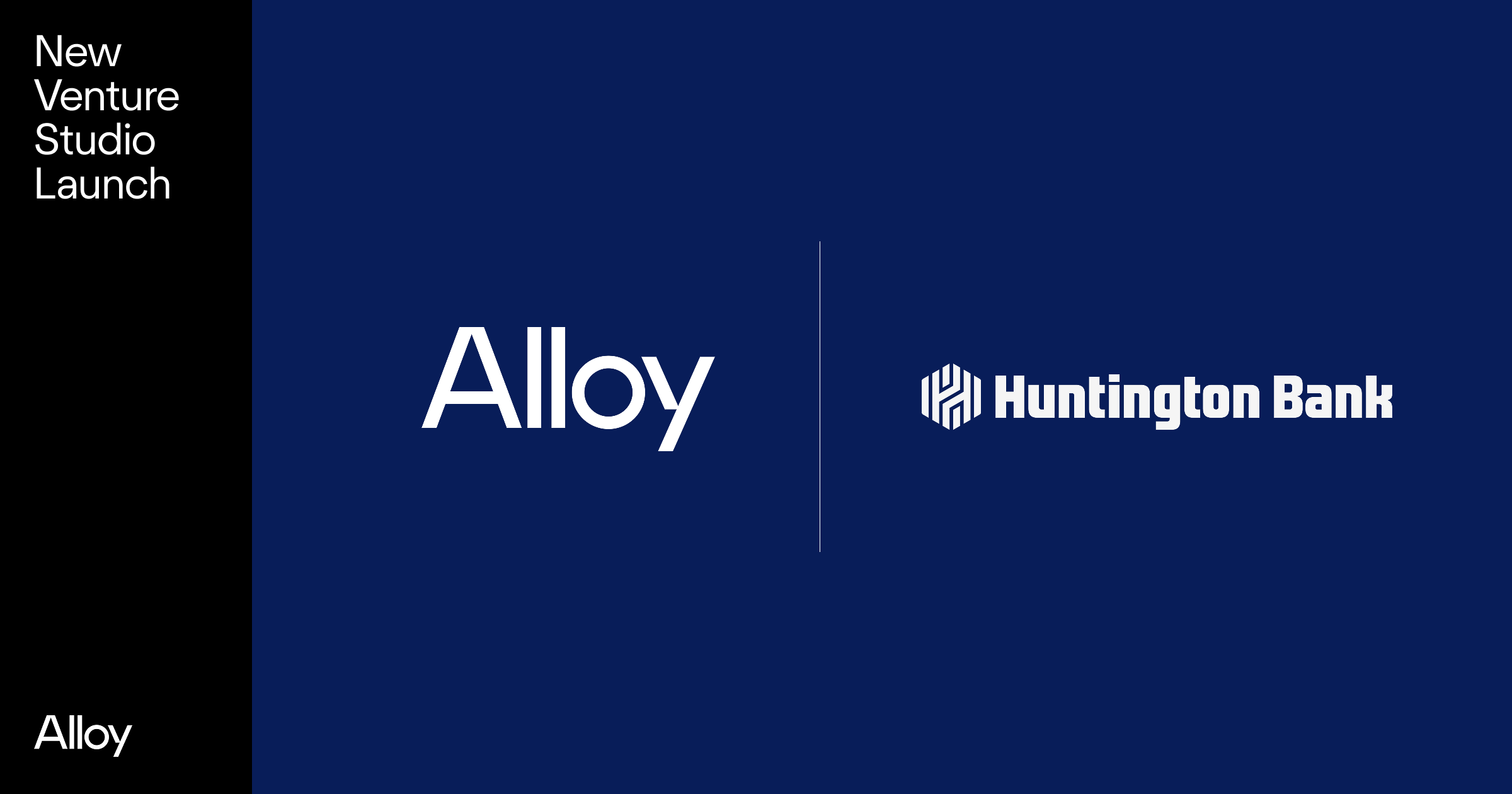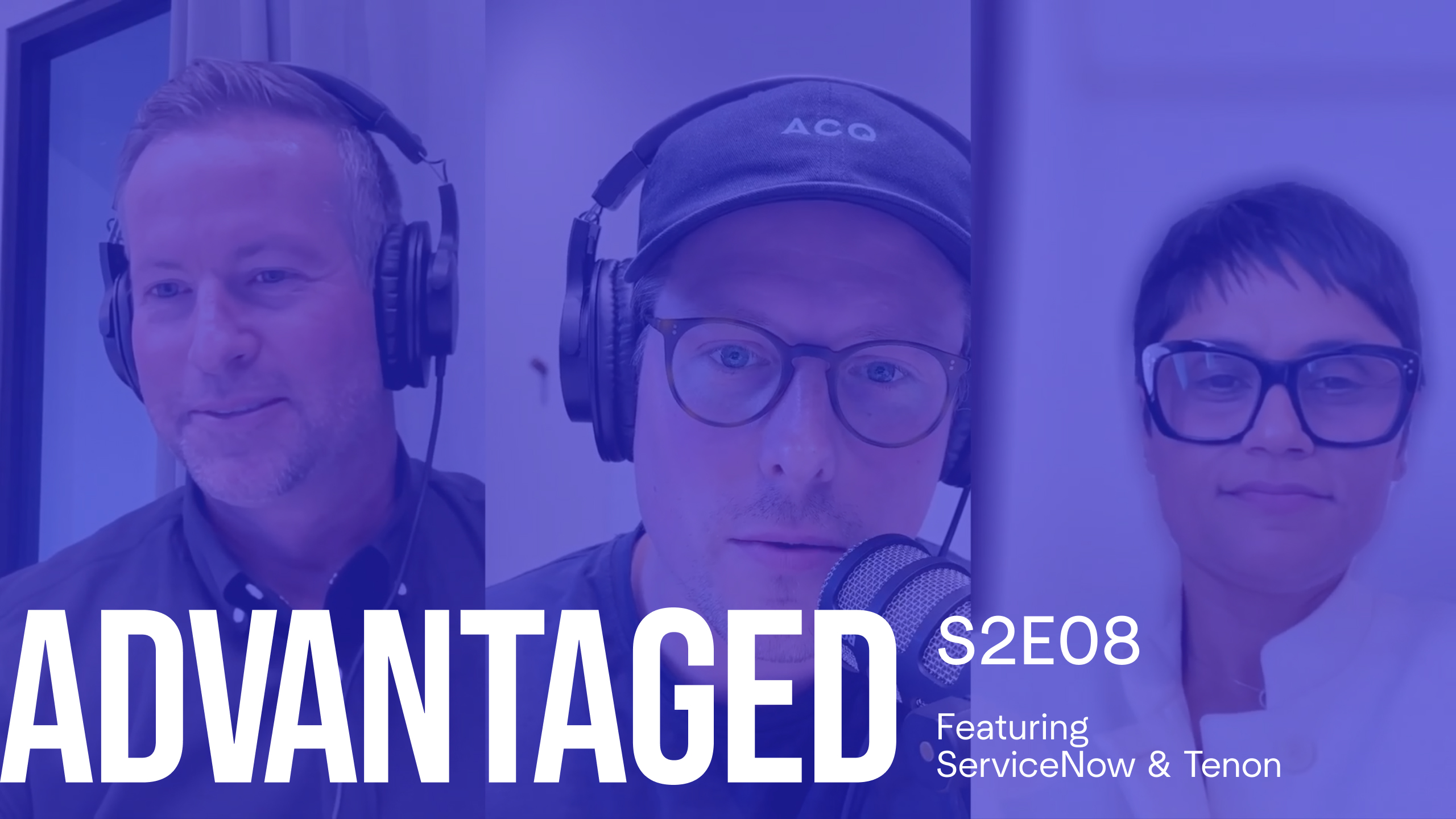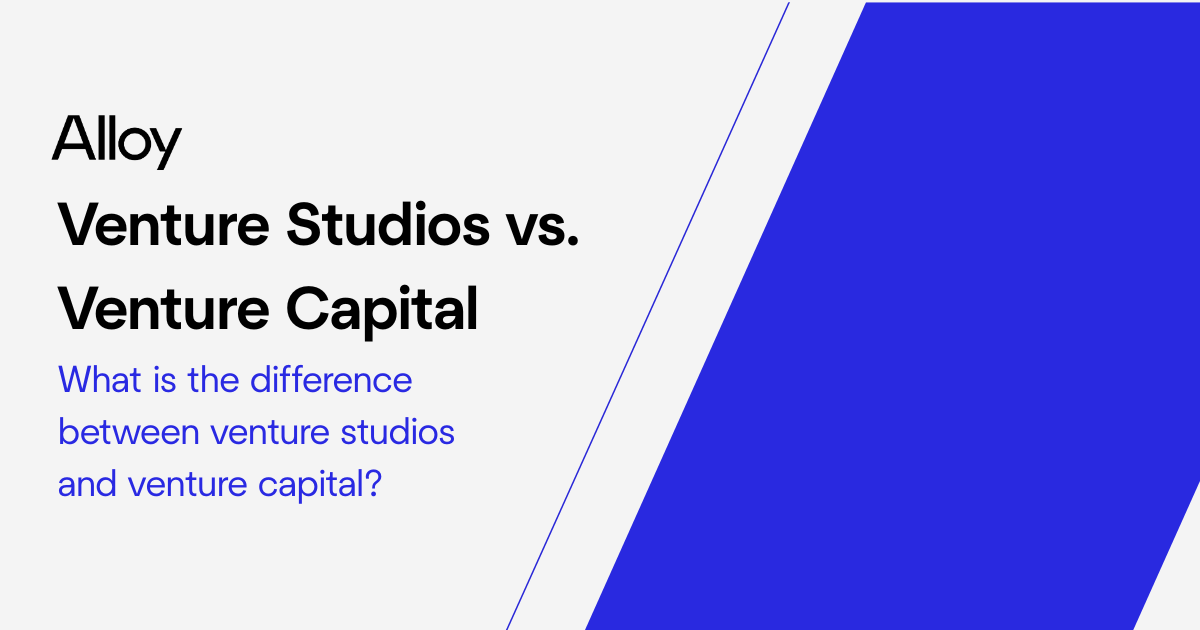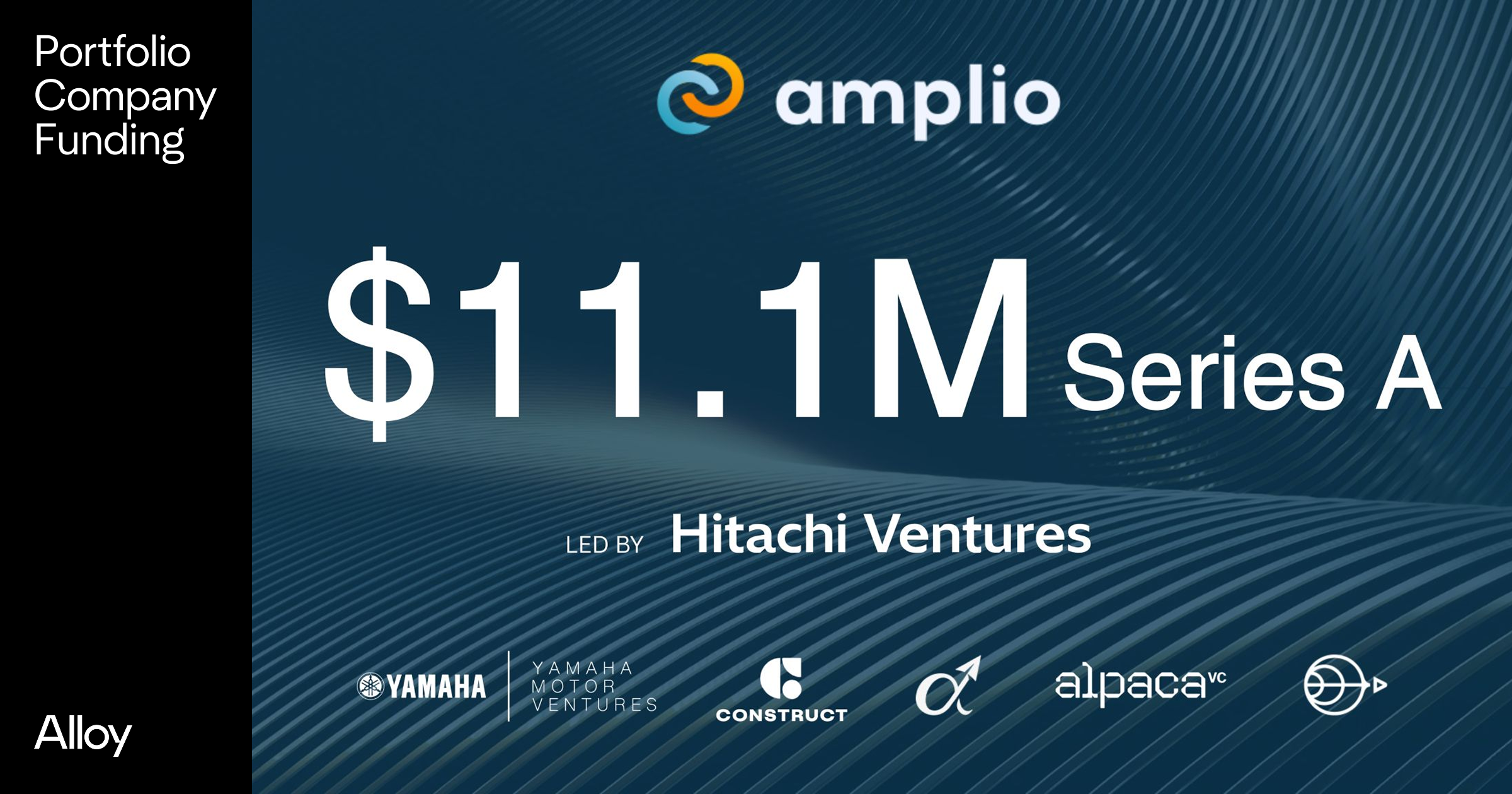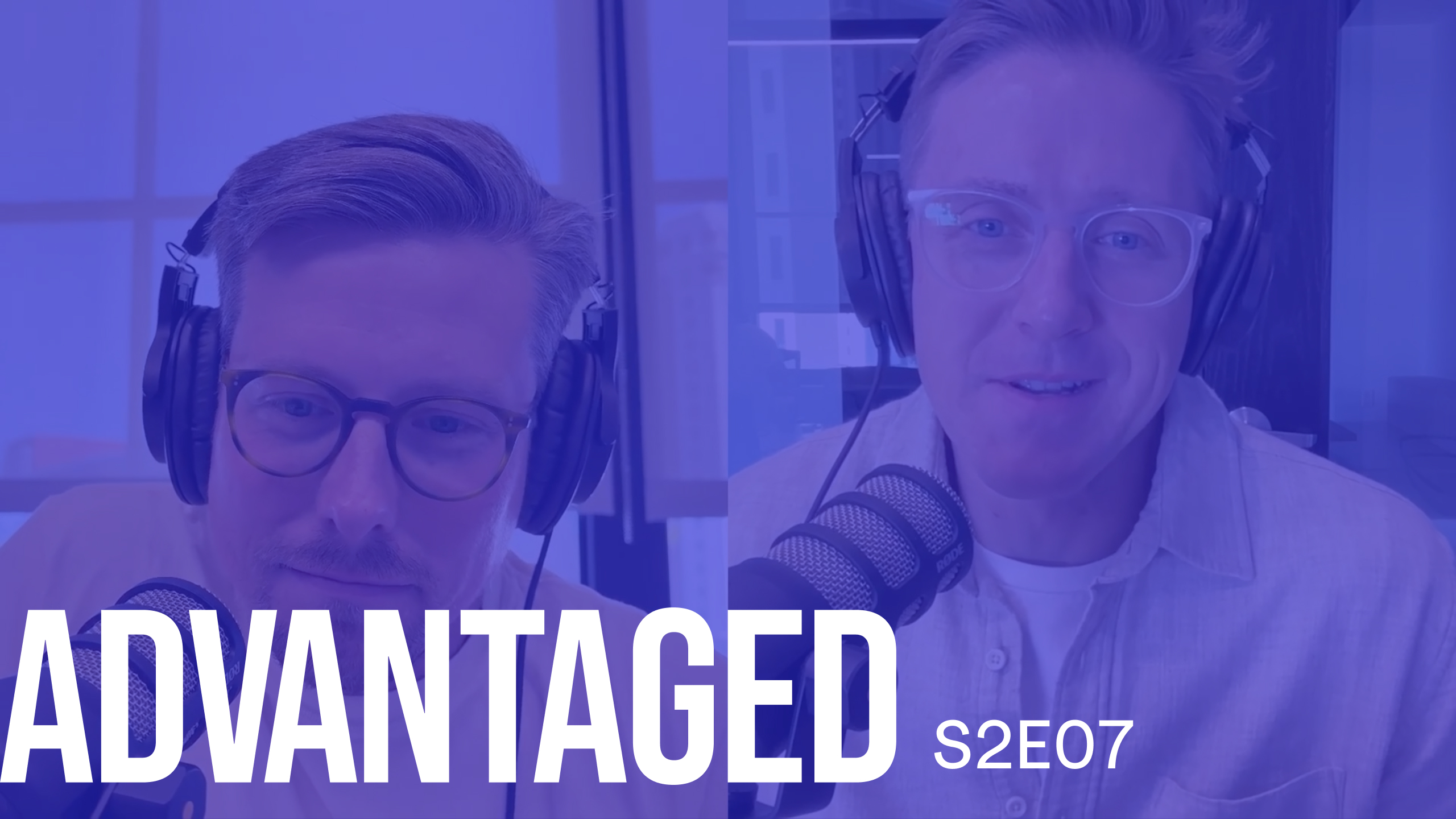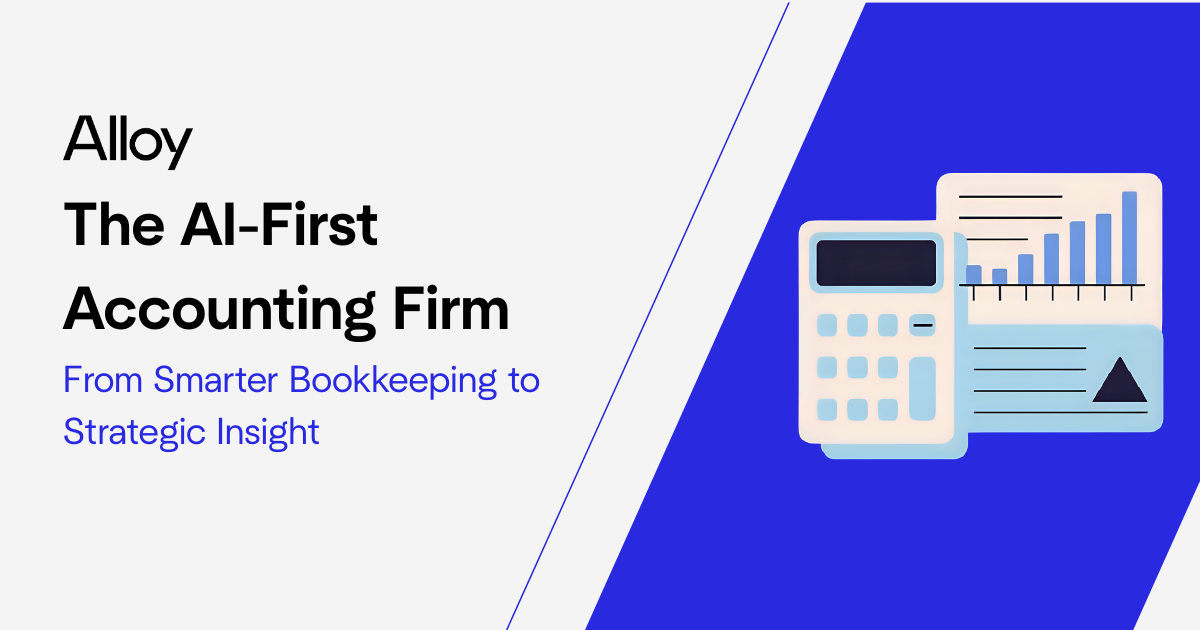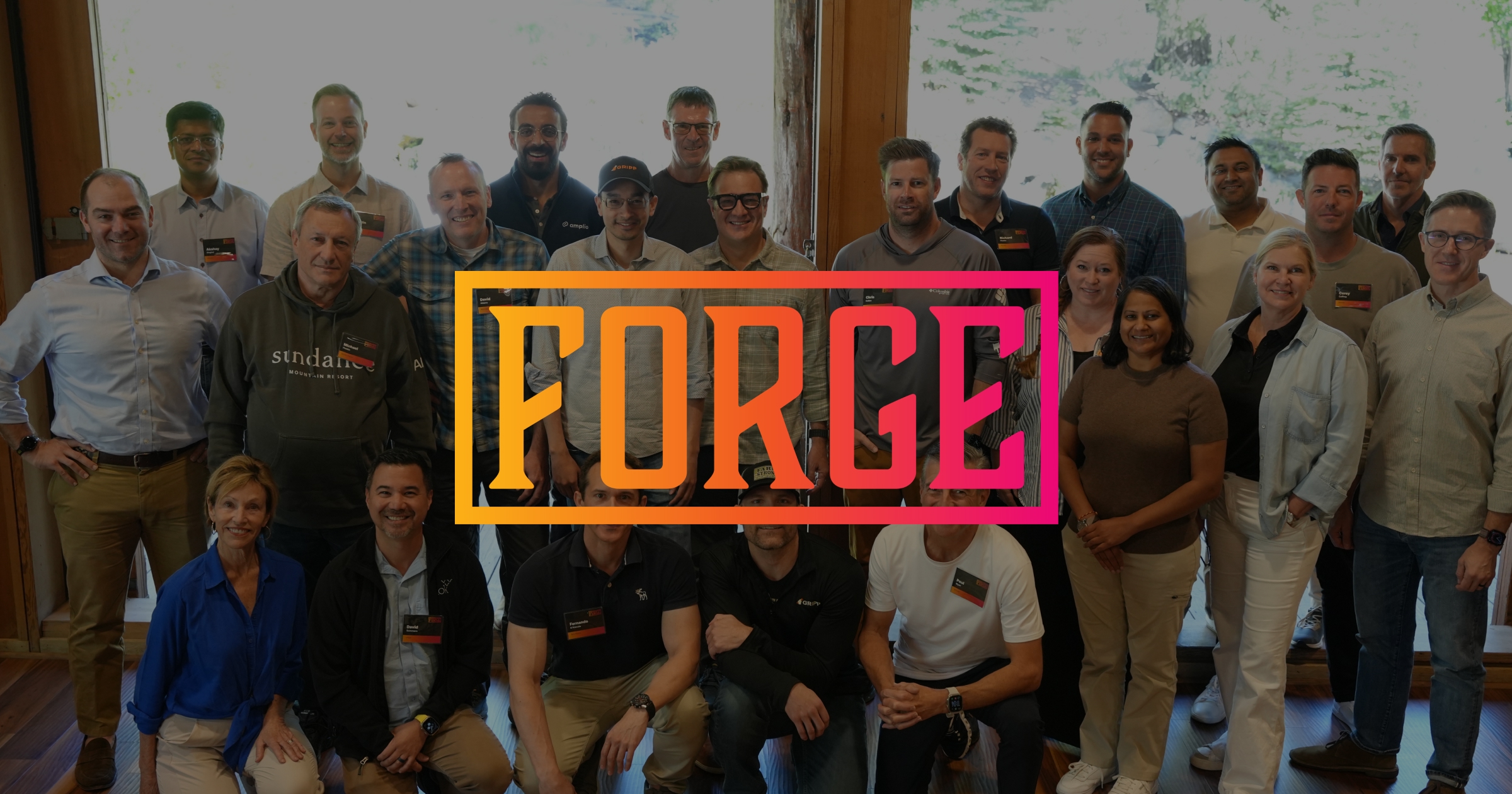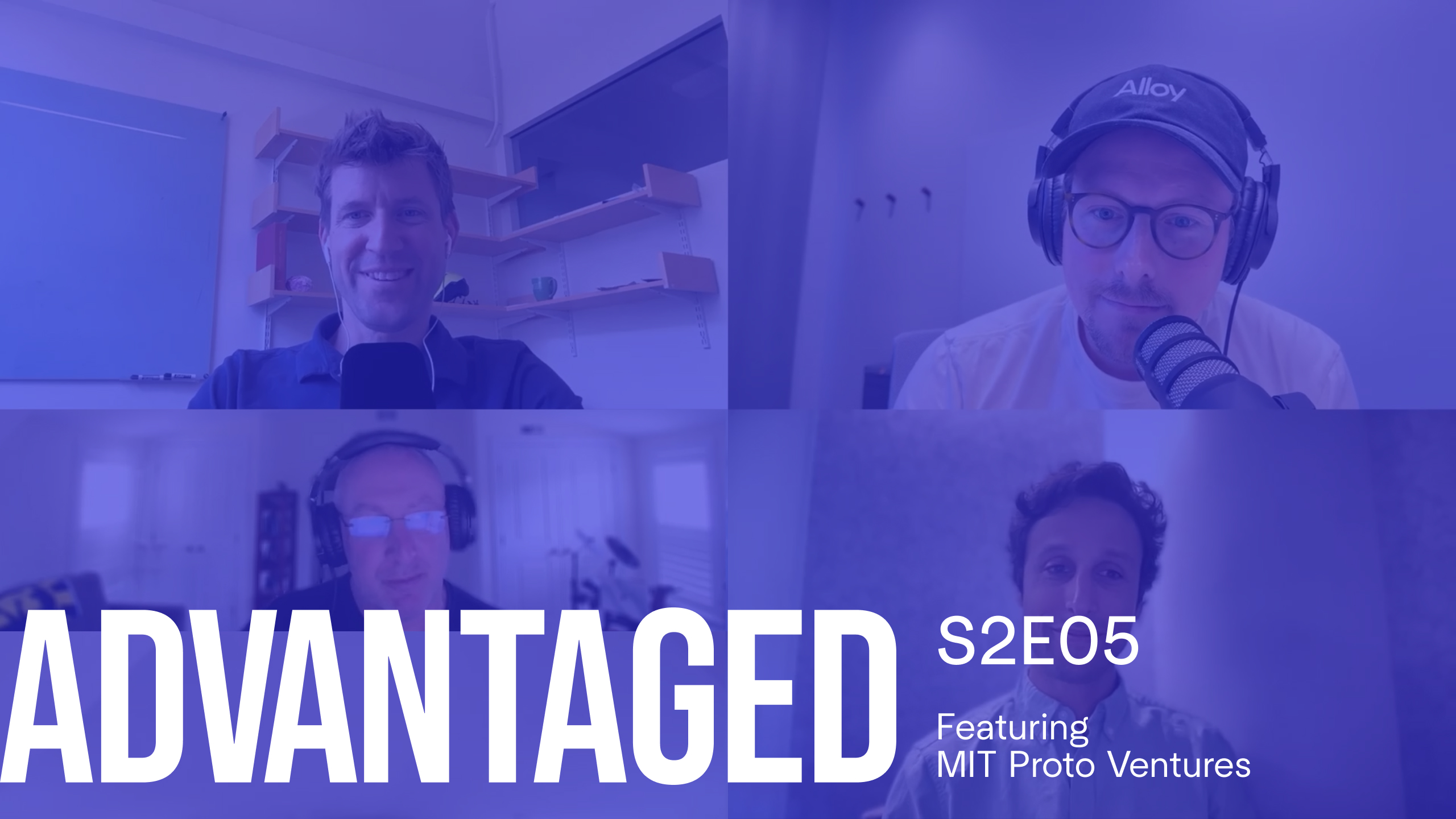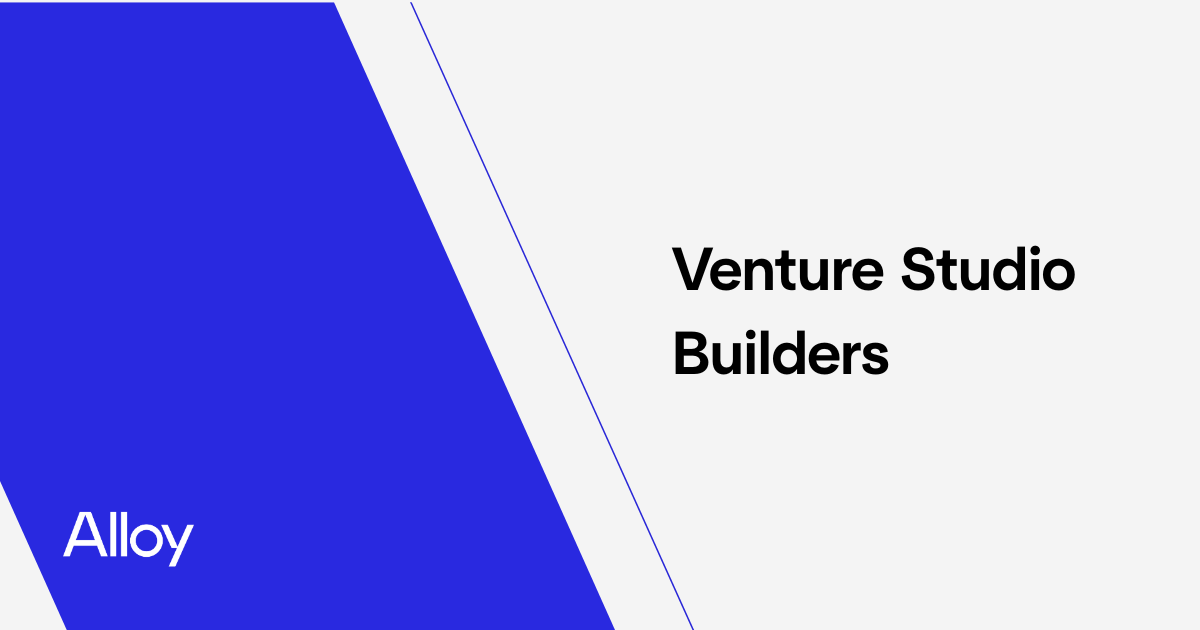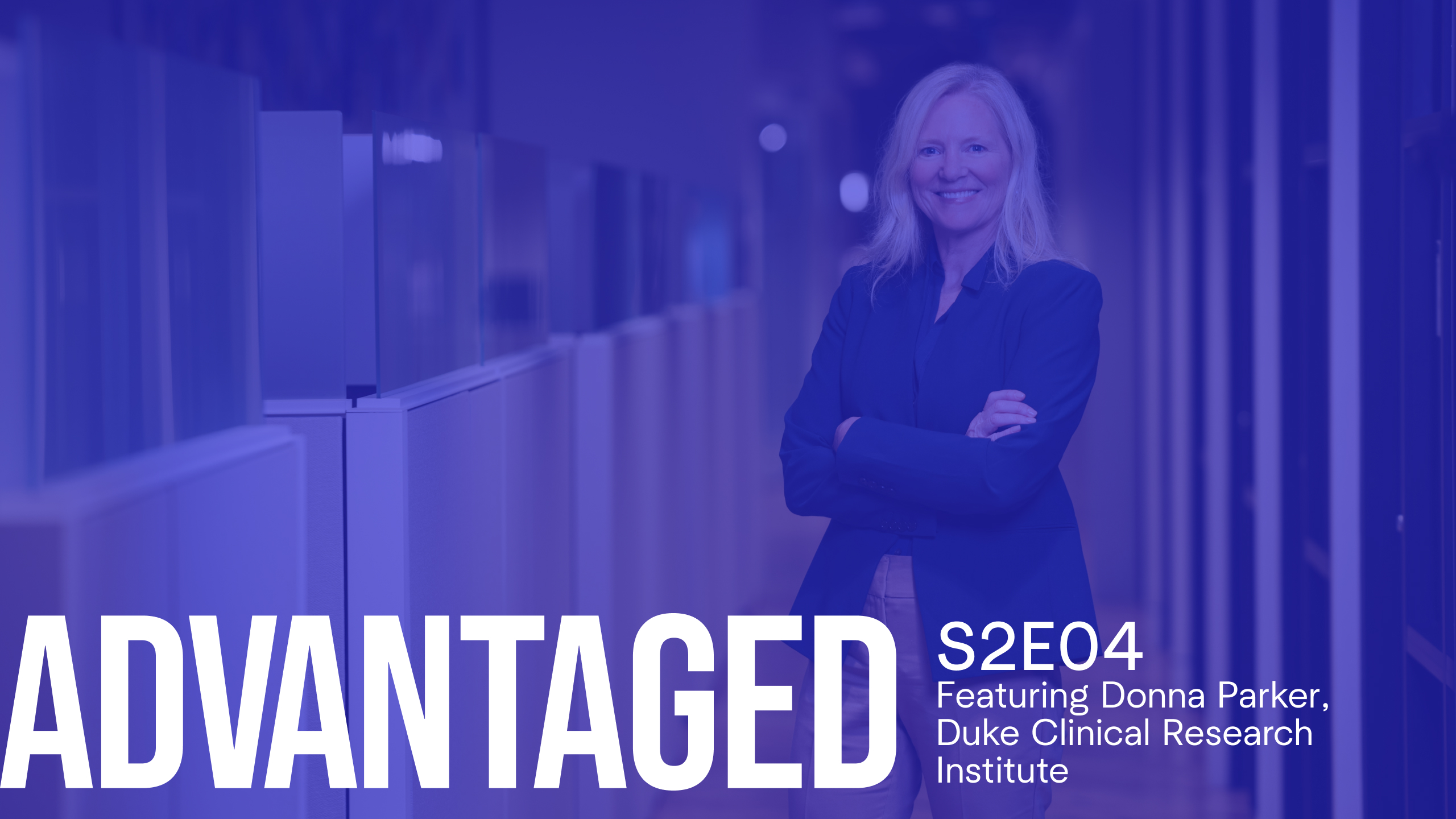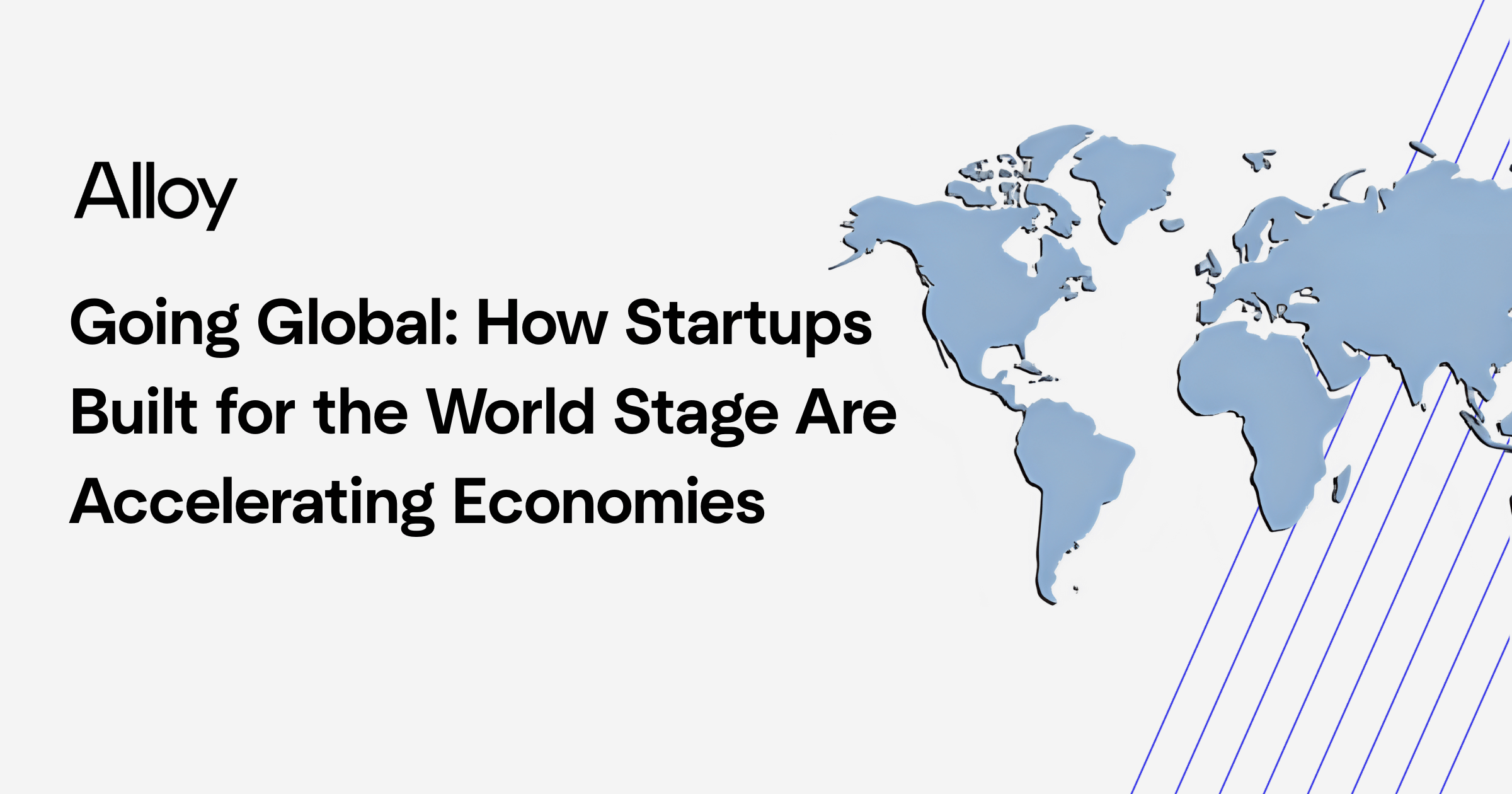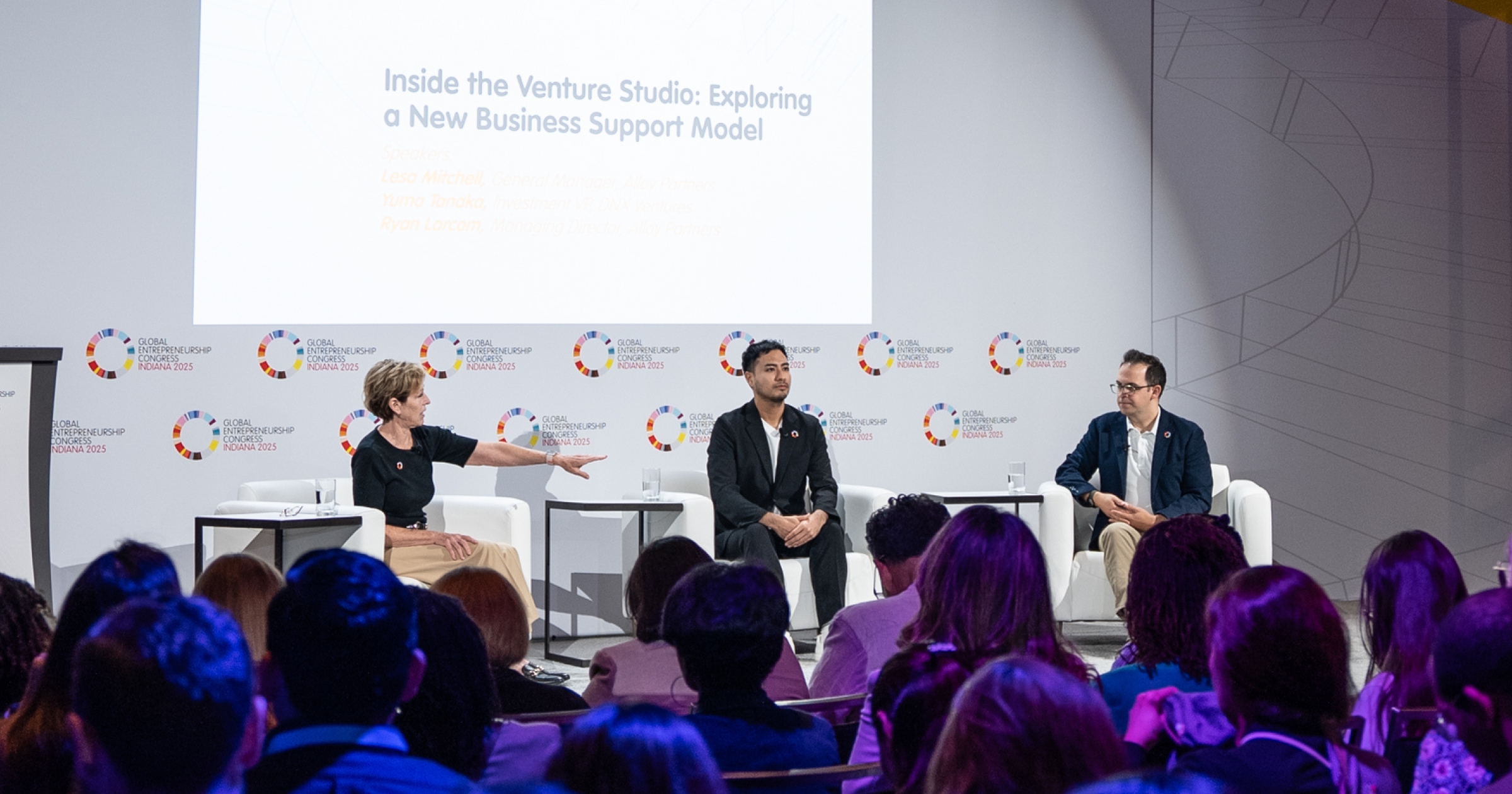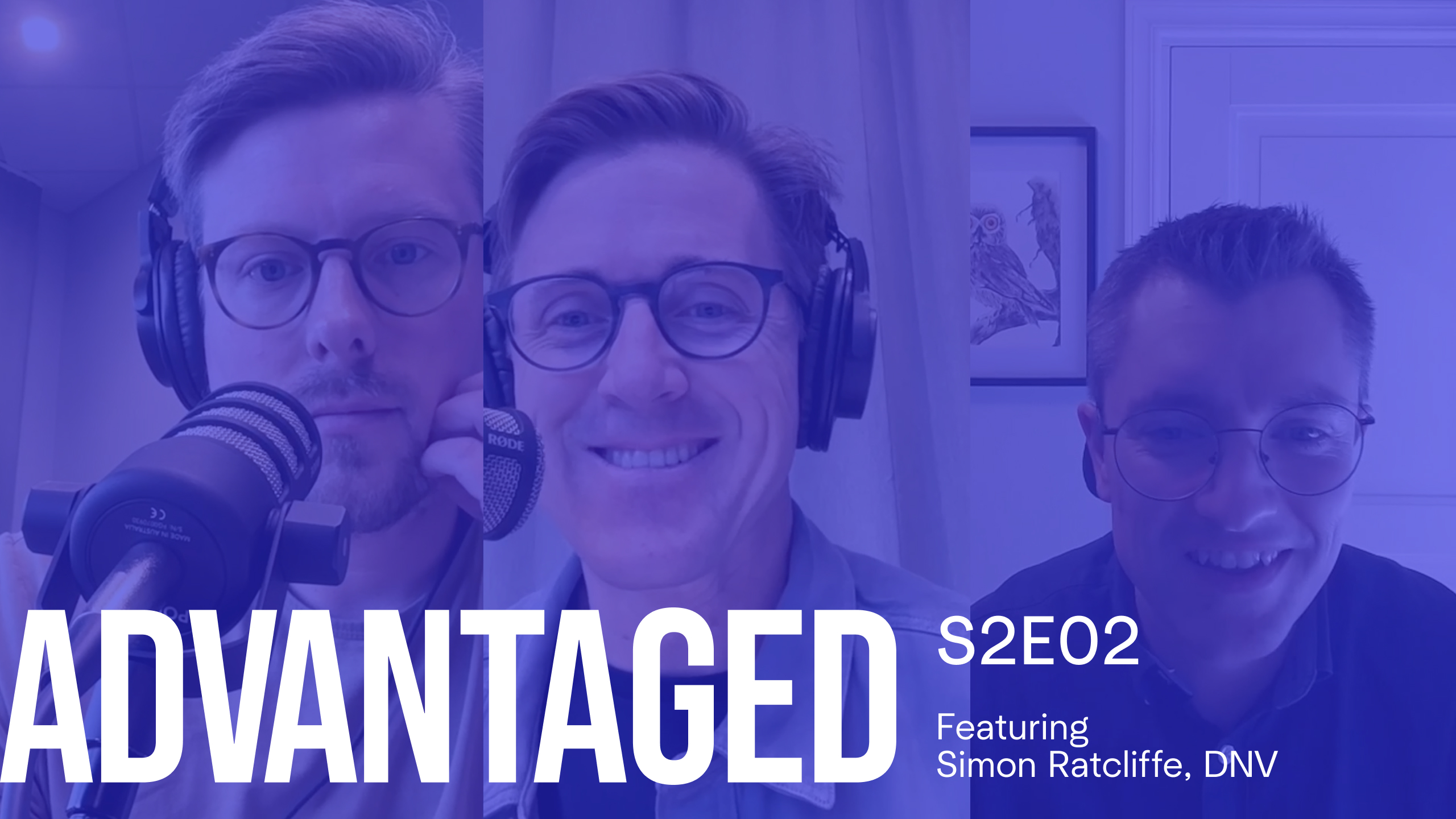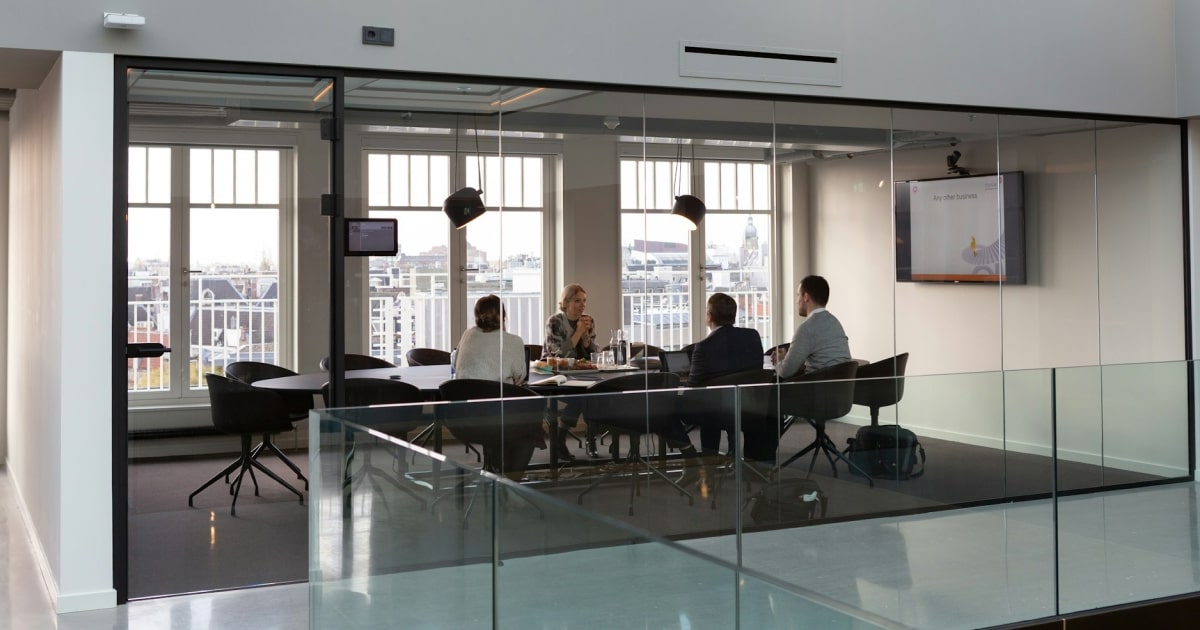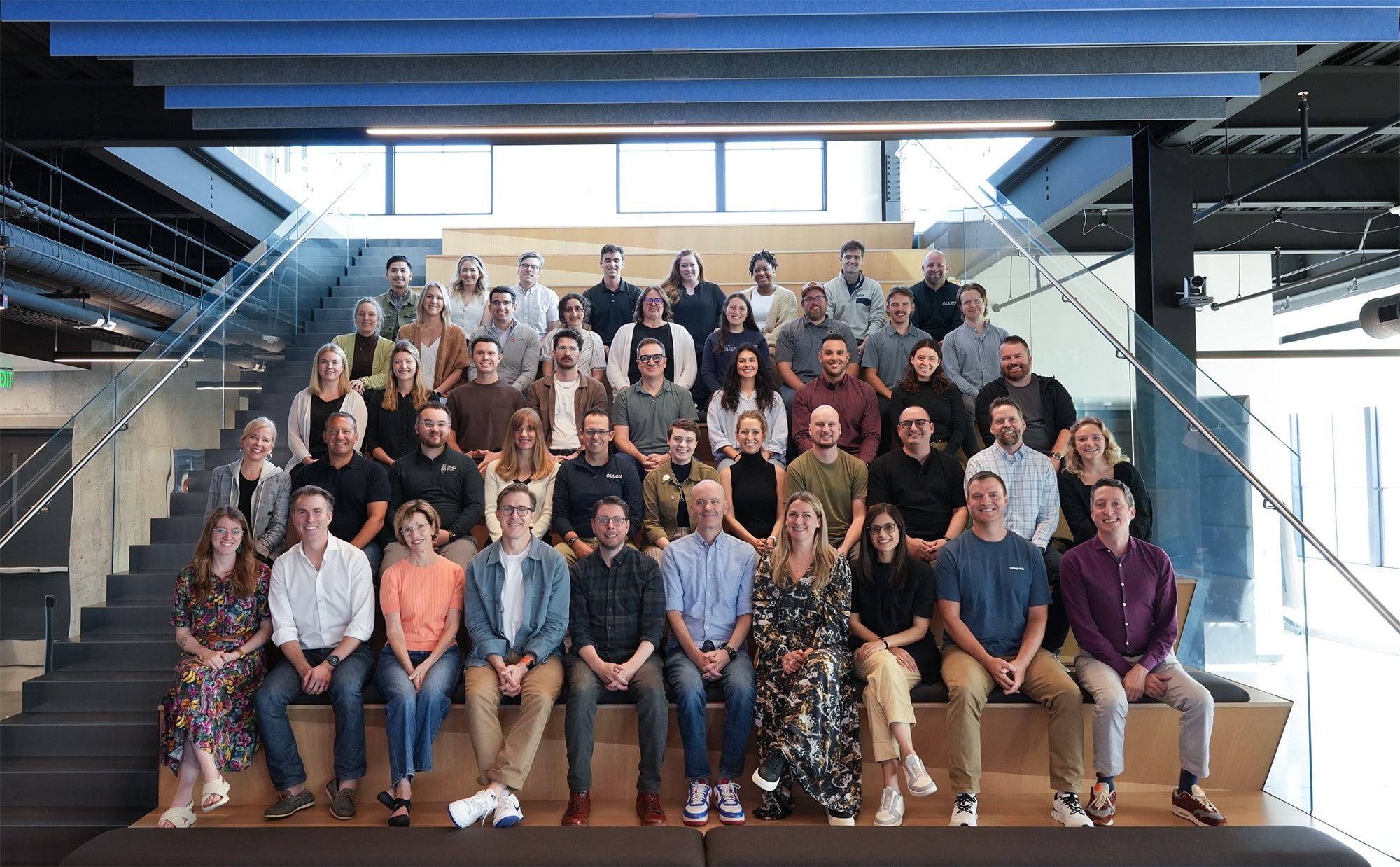Most of the AI hype right now belongs to independent startups — teams of five people building LLM wrappers and generative tools from a WeWork. But in reality, some of the most dangerous, category-defining AI companies of the next decade might not be built by startups alone — they’ll be born from collaboration between startups and corporations.
Startups bring speed, risk tolerance, and focus. Corporates bring proprietary data, trusted distribution, regulatory readiness, and domain expertise. When these strengths combine, they can create AI ventures that are both agile and defensible — capable of scaling faster and competing harder than either could alone.
The challenge? Many corporates aren’t set up to deploy their advantages into venture creation. Instead, they default to:
- Innovation theater — PR-friendly proofs of concept that never leave the lab.
- Transactional partnerships — letting startups mine their data or brand for a pilot, without retaining equity or IP.
- Momentum loss — moving so slowly, or with so many decision gates, that the startup’s window of opportunity closes before the solution clears procurement, compliance, or operational deployment.
This is where venture studios come in — translating untapped corporate advantage into startup momentum and helping partnerships move at the speed of opportunity.
The key is for corporations to recognize, and deliberately apply, the unfair advantages they already have. Here are four of the most powerful advantages for building AI startups — and how to put them to work.
Advantage #1: Proprietary Data → Better Models, Faster
In AI, better data beats better algorithms. If your data is unique, clean, and labeled, you have a head start no venture capitalist can fund.
Example: Philips partnered with the health AI startup PathAI to improve pathology diagnostics by combining Philips’s proprietary imaging data with PathAI’s machine learning models. This collaboration accelerated AI adoption in clinical workflows, improving accuracy in disease detection.
Play for corporates: Use your proprietary datasets to fine-tune models that can’t be replicated by competitors — not even if they spend $100M on compute.
Advantage #2: Regulated Environments → Enterprise-Ready from Day One
For a startup, breaking into healthcare, aviation, or finance can take years just to pass compliance. You’ve already cleared those gates.
Example: B2B payments startup, Slope, could have spent years navigating banking regulations before processing their first transaction. Instead, JPMorgan Chase invested $65 million in the startup in July 2024, instantly giving Slope access to the bank's decades-old regulatory infrastructure and compliance systems. This partnership allowed Slope to launch enterprise-ready payment solutions immediately, bypassing the 2-3 years competitors typically spend navigating banking regulations.
Play for corporates: Incubate AI ventures that inherit your compliance status and infrastructure. It’s not just a time-saver — it’s a market-entry moat.
Advantage #3: Existing Channels → Instant Distribution
Startups live and die by their ability to land early customers. Corporations already have a distribution channel most founders dream of.
Example: When Kubota rolled out its AI-powered autonomous tractors for spraying and mowing – featuring technology from a collaboration with Agtonomy, an agricultural autonomy software provider – it didn’t have to build trust from scratch. Instead, Kubota can ship the technology straight to a loyal customer base.
Play for corporates: Make AI products the “default” add-on for your current customer base, instead of fighting for every new account.
Advantage #4: Human-in-the-Loop Experts → Better Feedback Loops
AI thrives on feedback — the more specific and high-quality, the faster it improves. Corporates employ armies of domain experts who can provide exactly that.
Example: In oil and gas, Schlumberger (now SLB) uses AI drilling optimization models built through a collaboration with Dataiku. The models are refined by experienced field engineers feeding edge-case corrections back into the model. It’s already having an impact: while “lump sum turnkey” well delivery, one of SLB’s most important services, used to take eight hours per well to create competitive yet profitable bids, with AI, it can be done in 20 minutes.
Play for corporates: Formalize expert feedback loops into your AI ventures’ training process. You’ll create models that are not just accurate, but battle-tested.
What we have found, though, is that these advantages don’t naturally self-activate. They need a structure to turn latent potential into investable, scalable ventures. That’s where a venture studio comes in.
A good studio partner can:
- Identify where your data and channels create defensibility.
- Build founding teams with the autonomy and speed of a startup.
- Ensure the product is both investor-grade and deployable in your environment.
- Navigate corporate buy-in so the venture actually ships.
When corporates pair their unfair advantage with a venture studio’s creation process, they don’t just launch AI products — they create category leaders.
The bottom line is that in the AI race, corporates already own moats most startups will never cross. The only question is whether you’ll watch from the sidelines… or build the AI companies everyone else will be trying to catch.
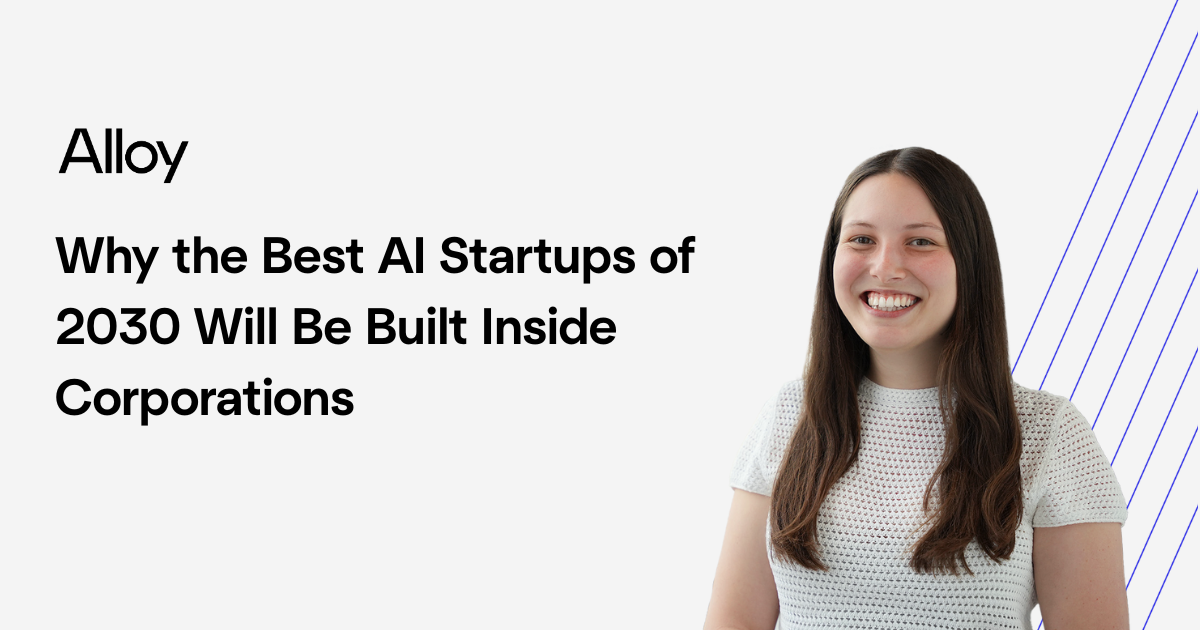







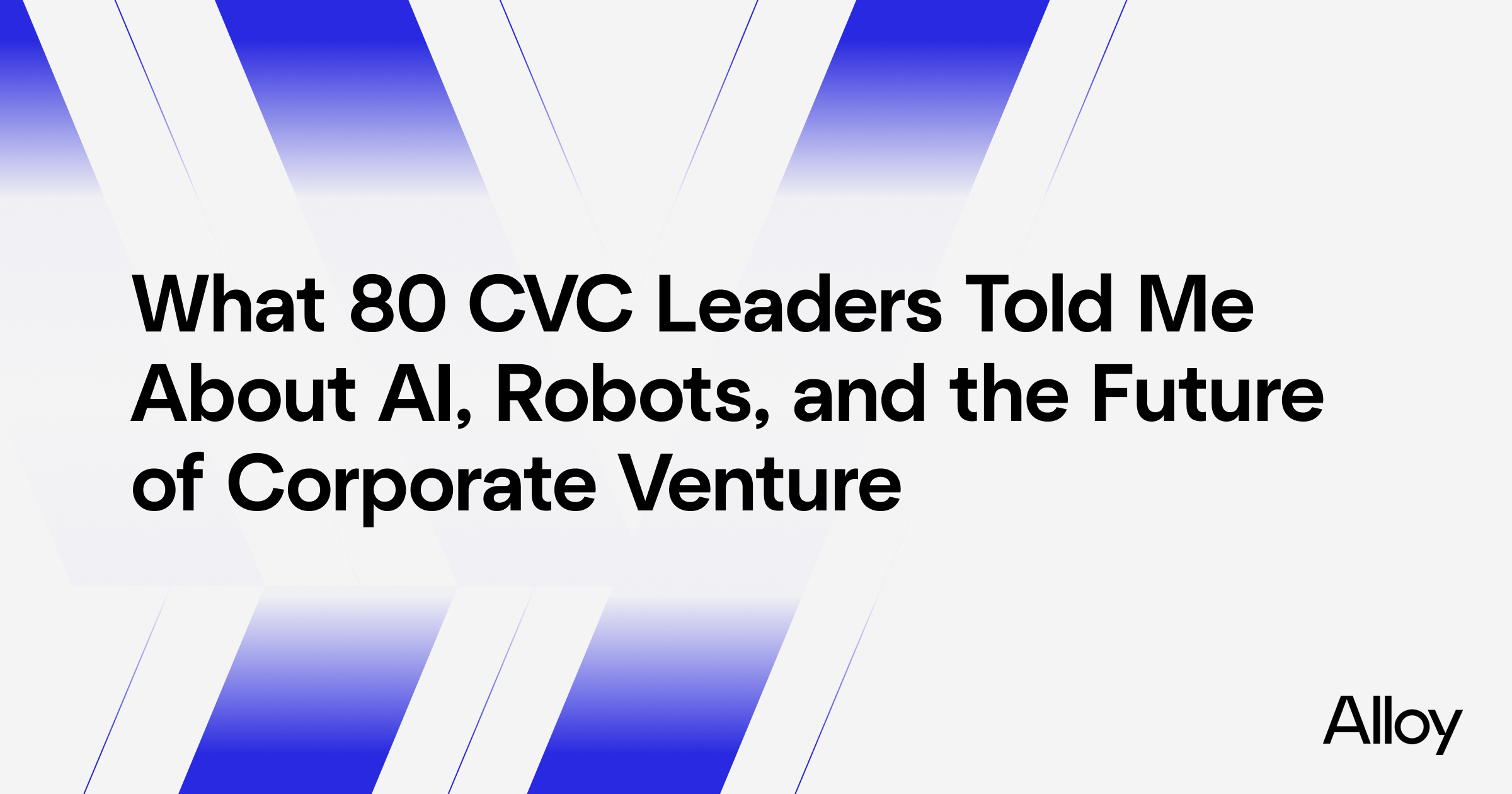

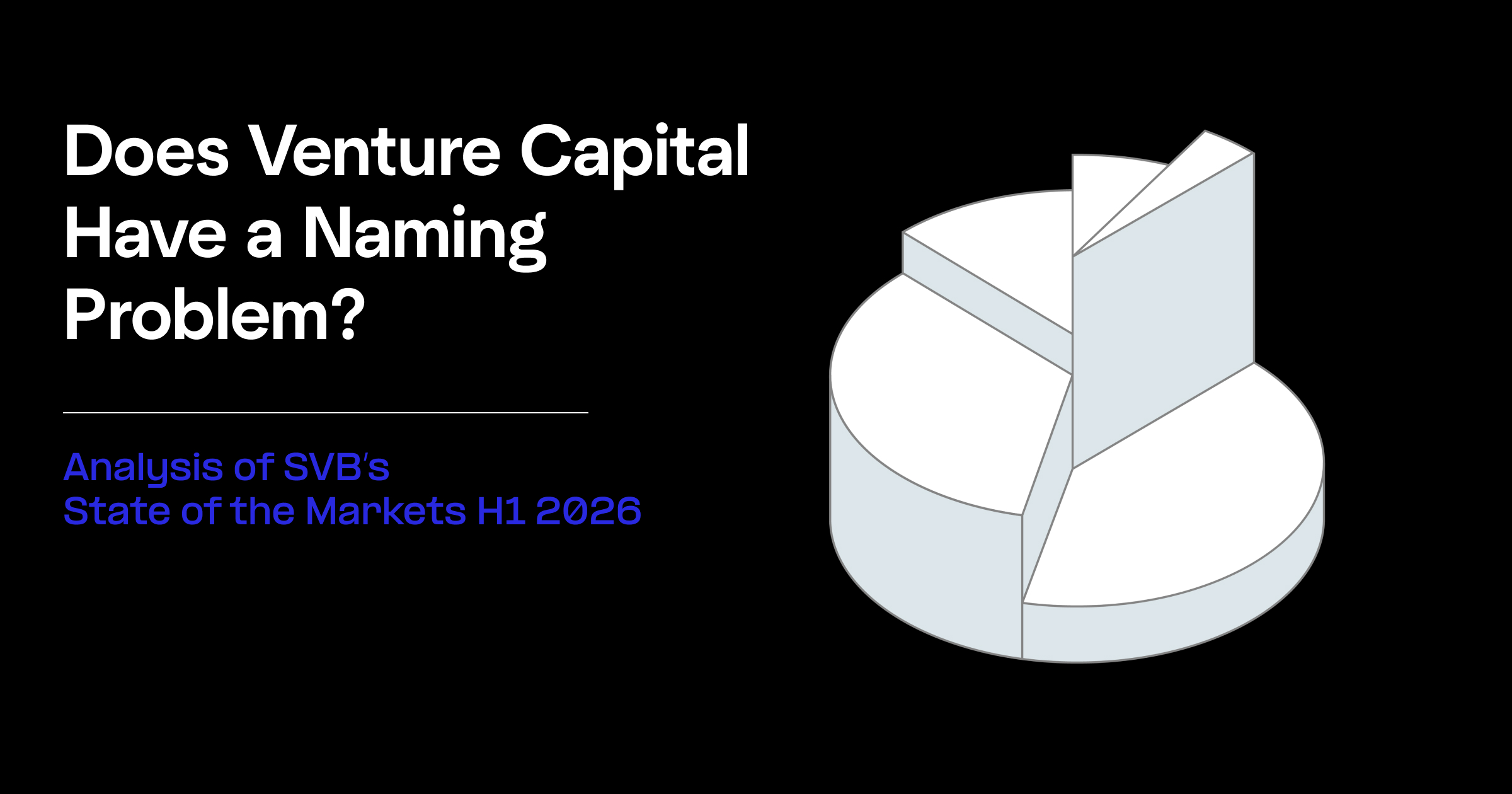
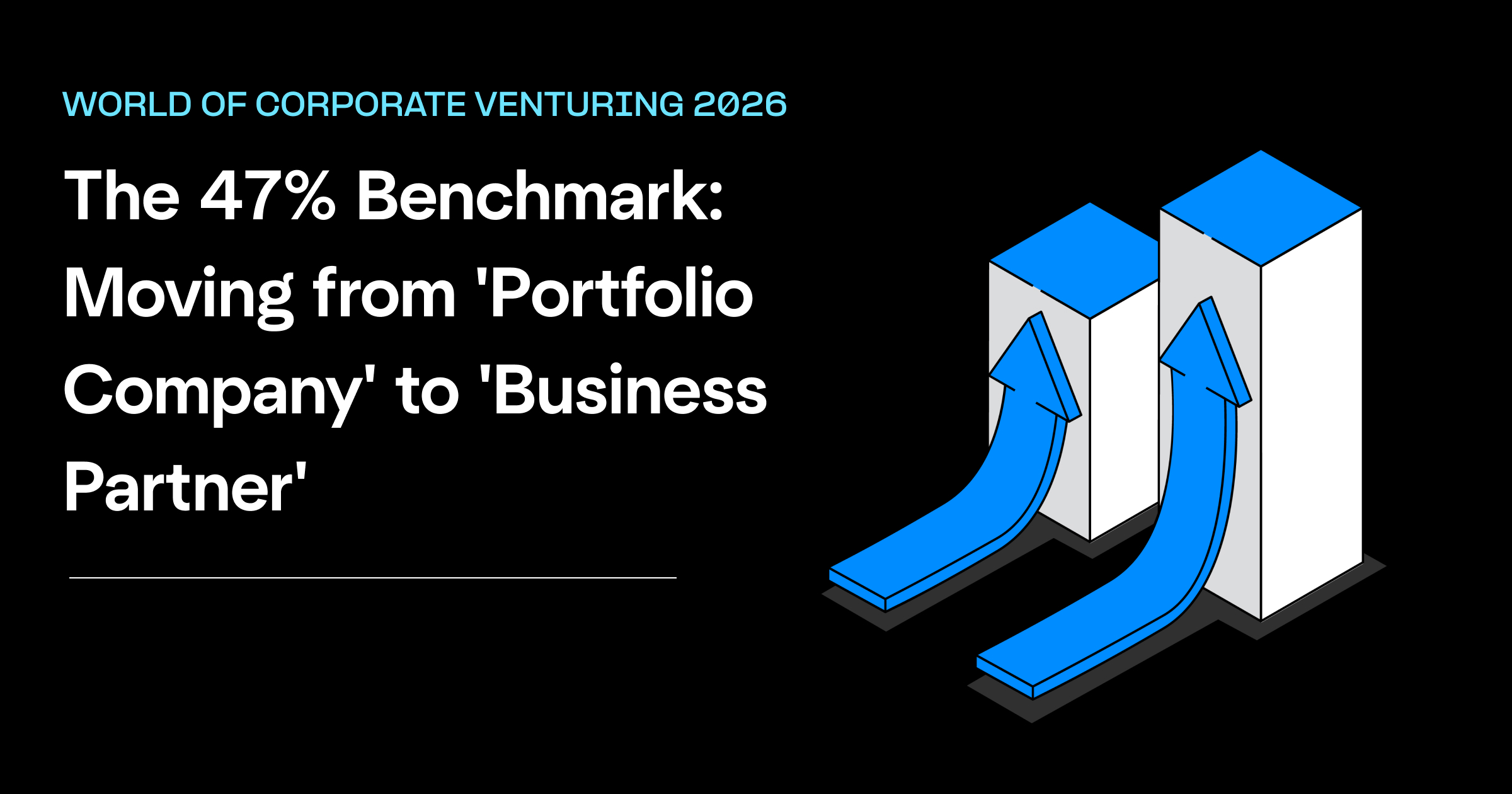

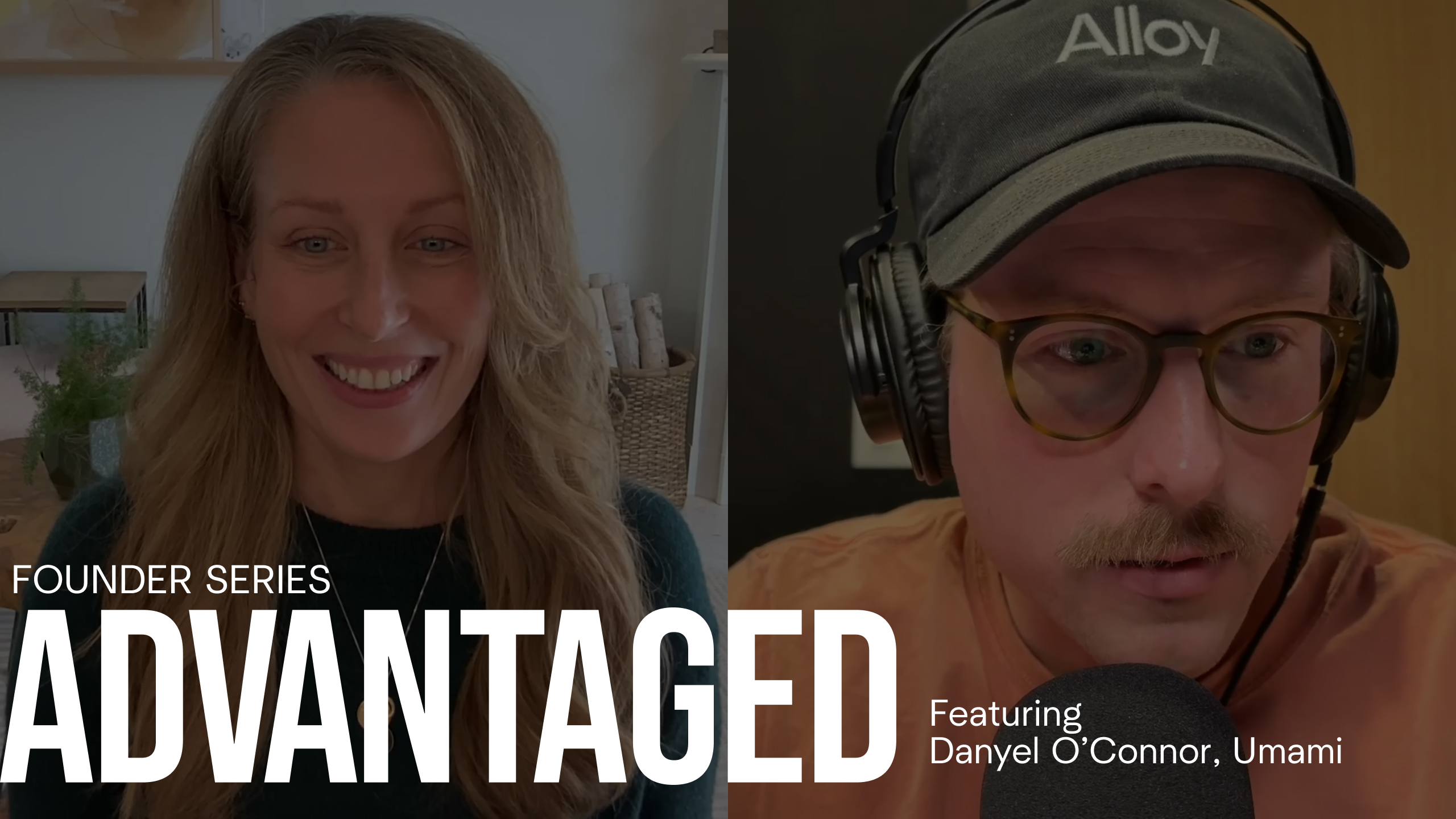
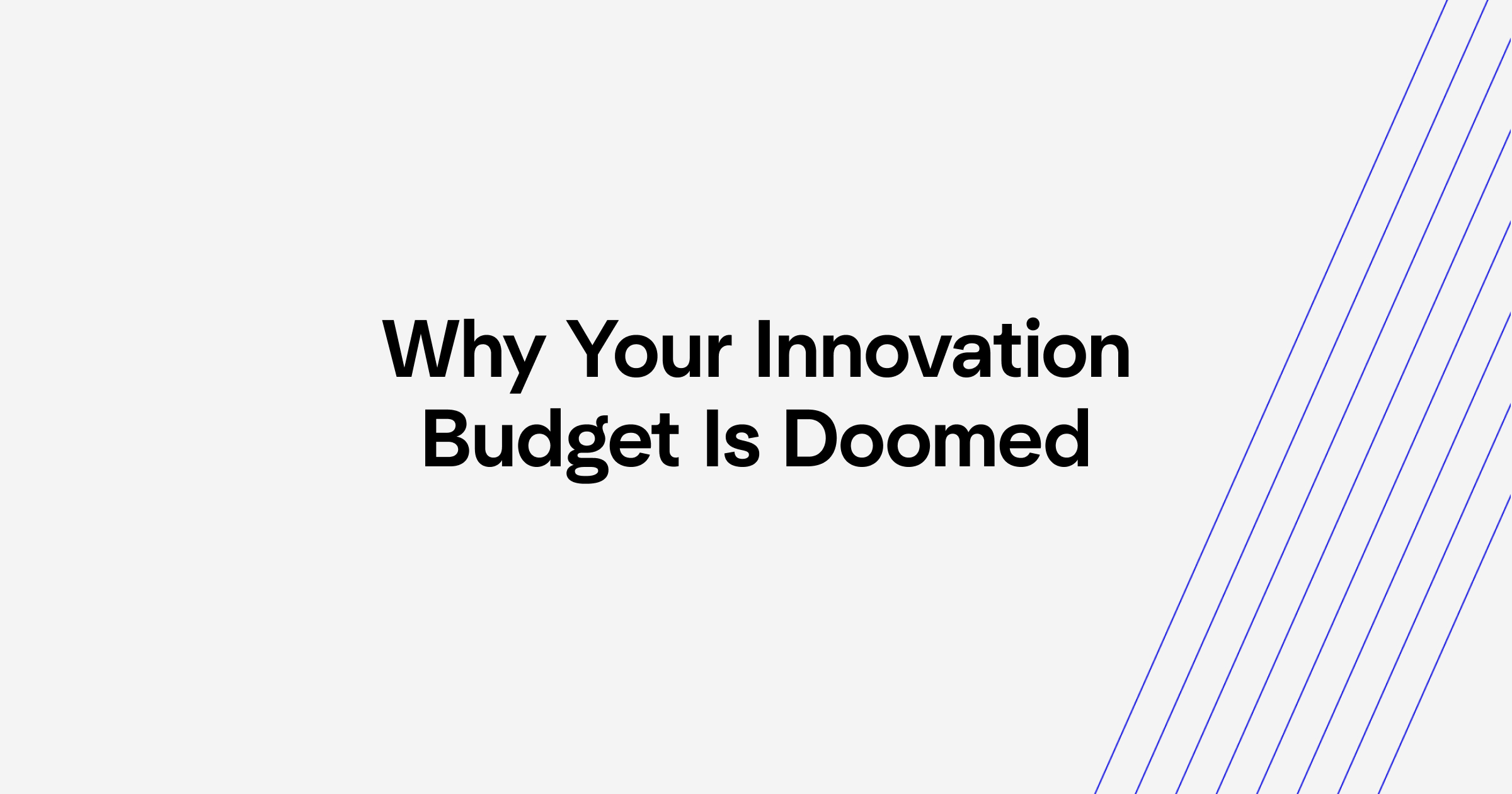
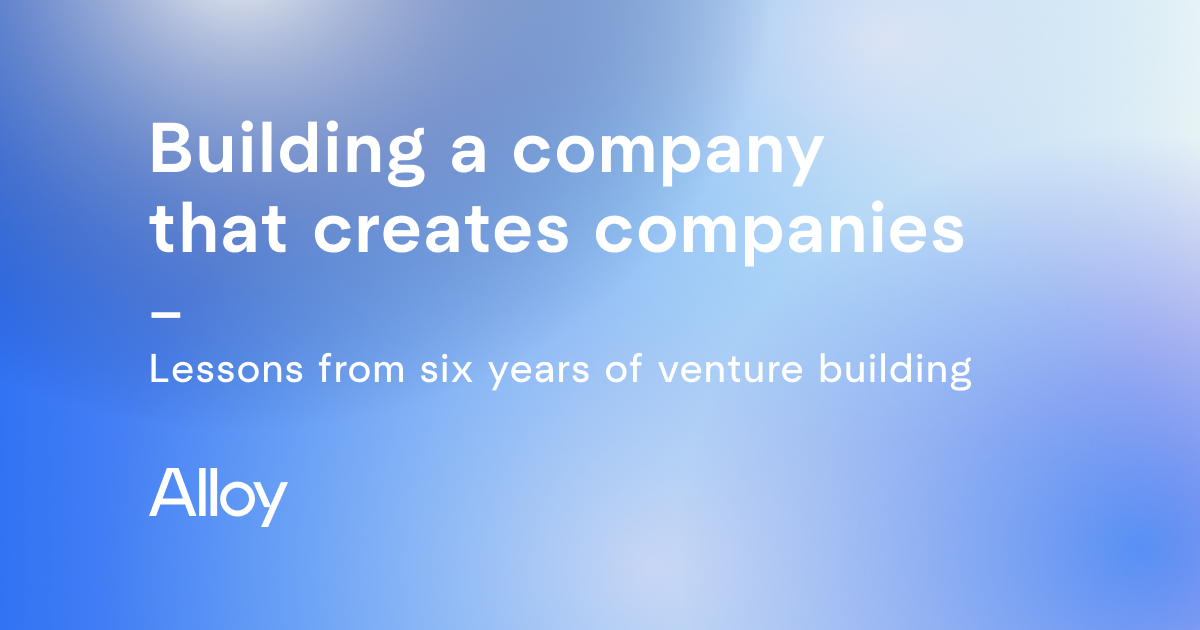
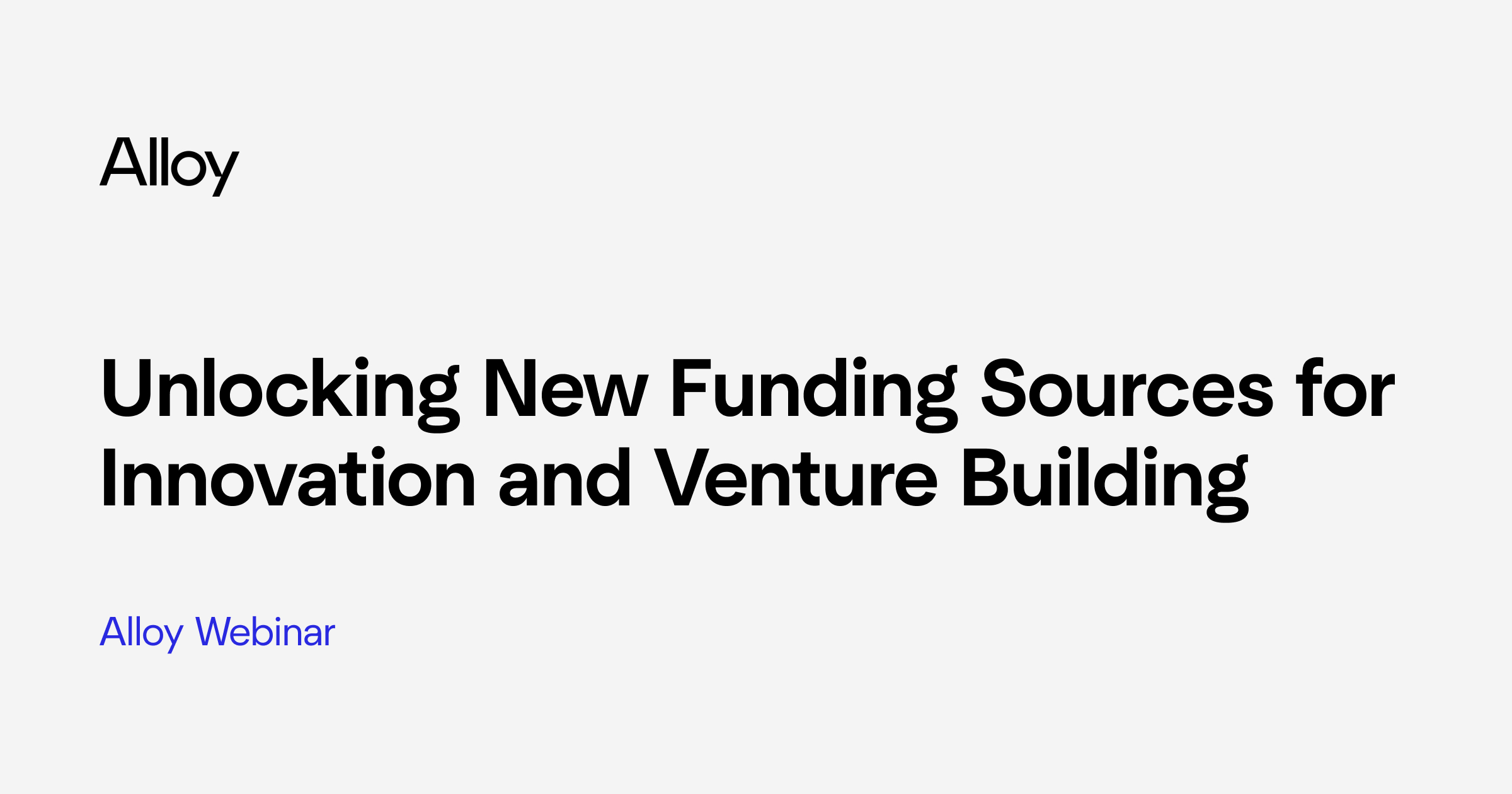

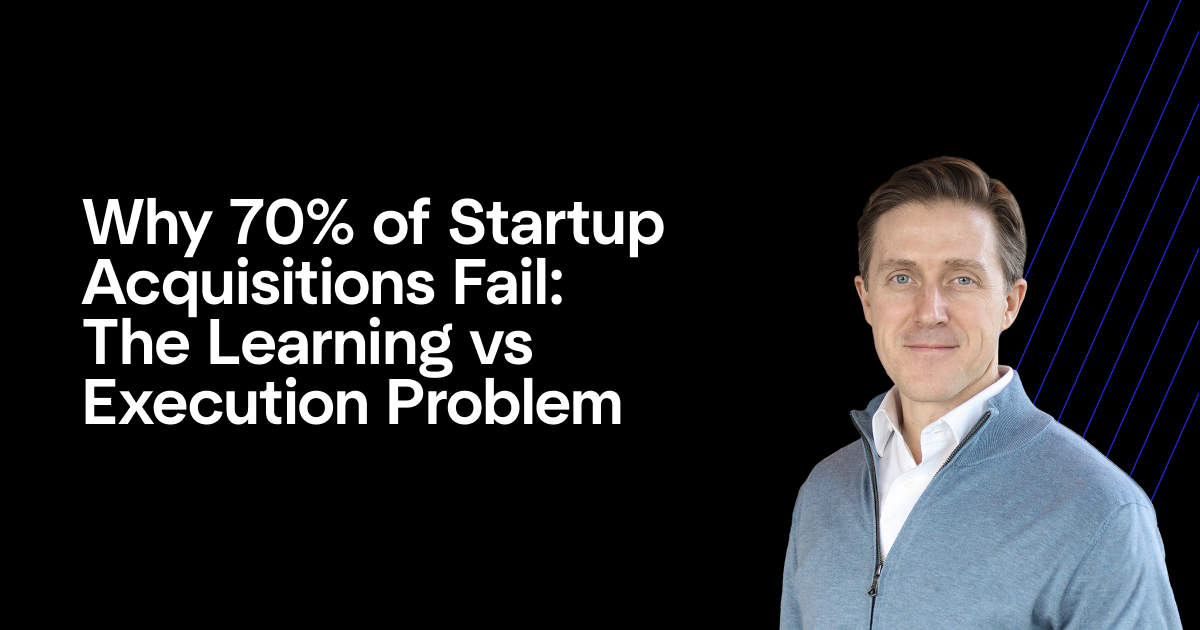


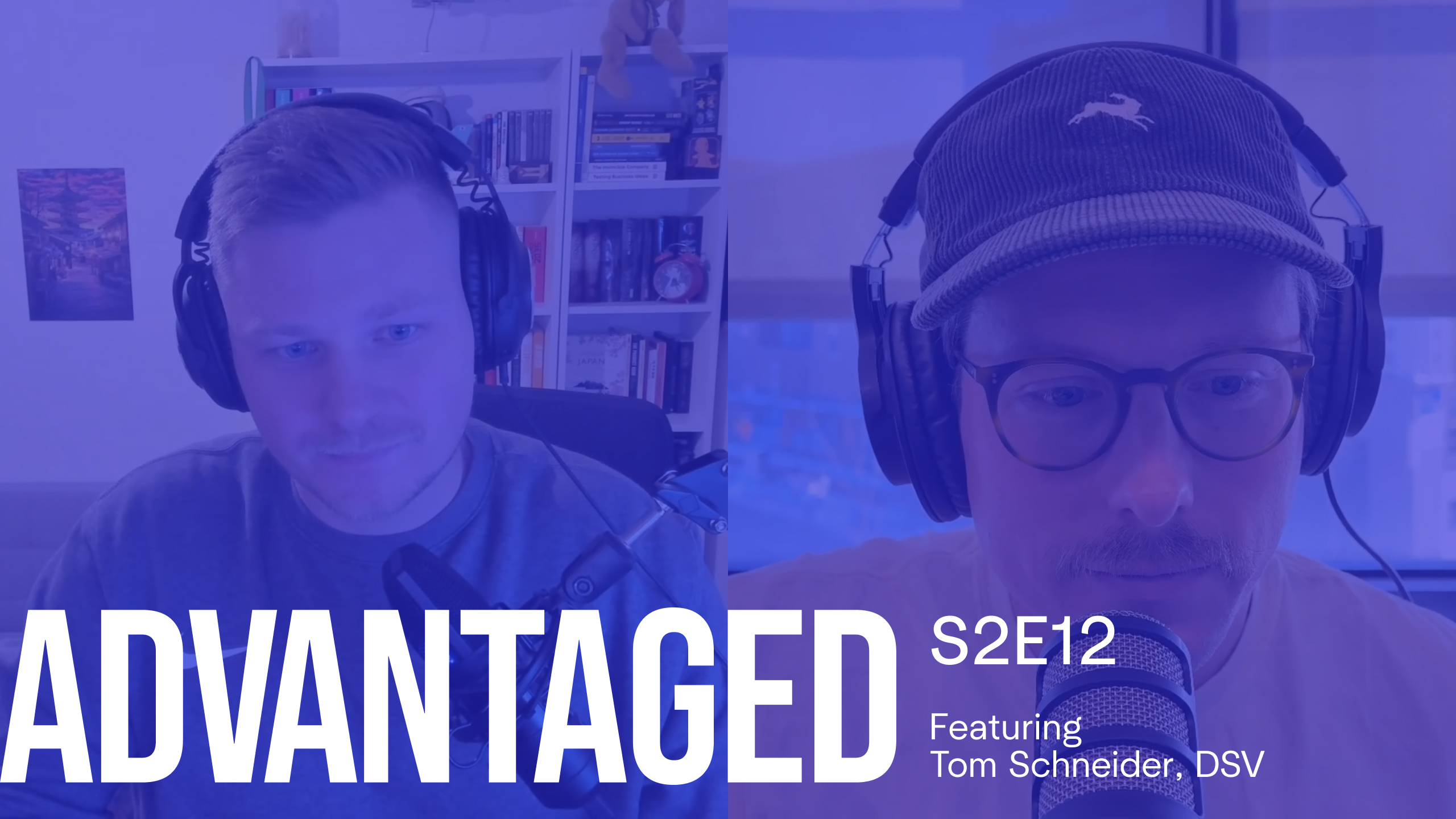
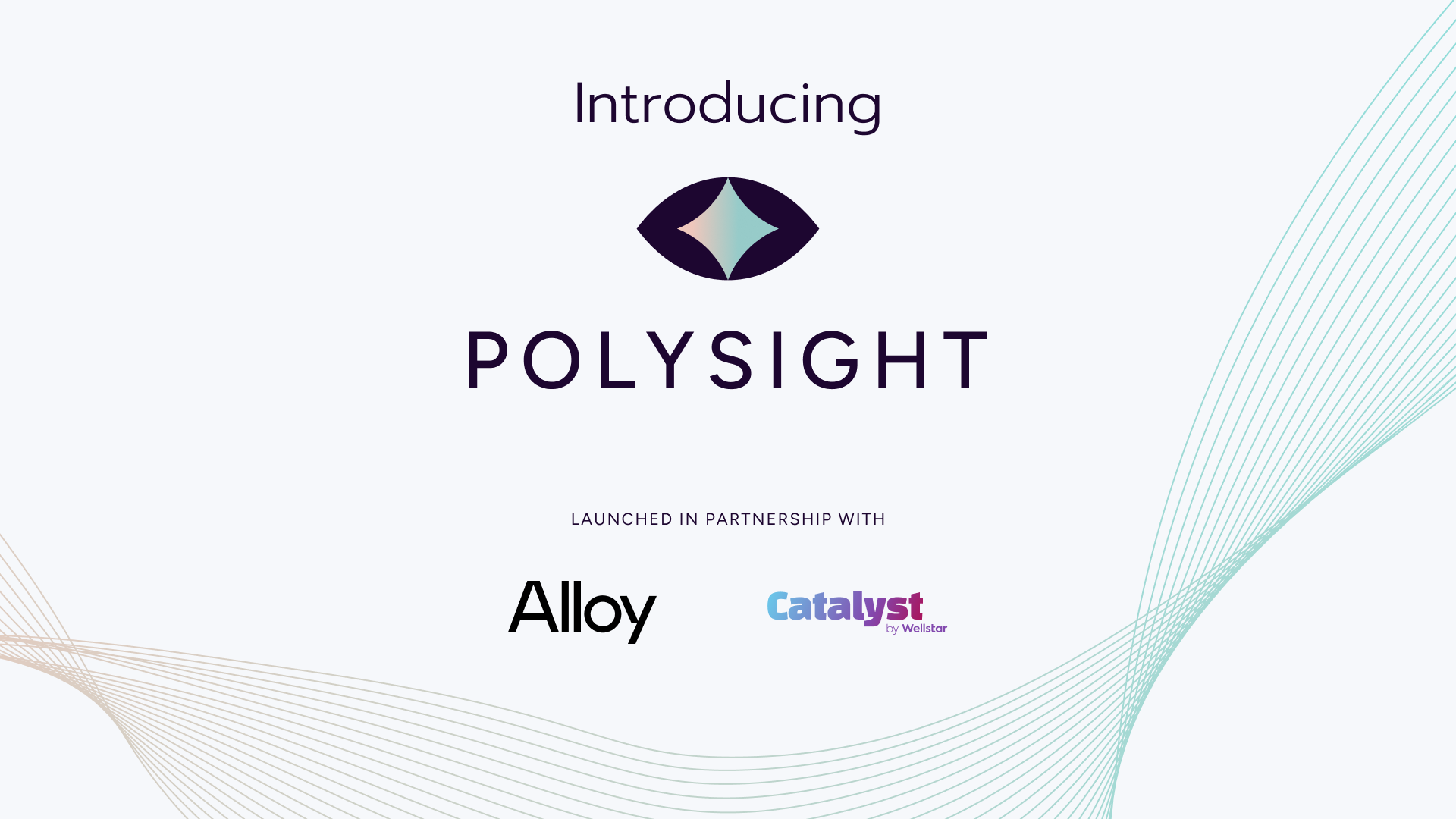
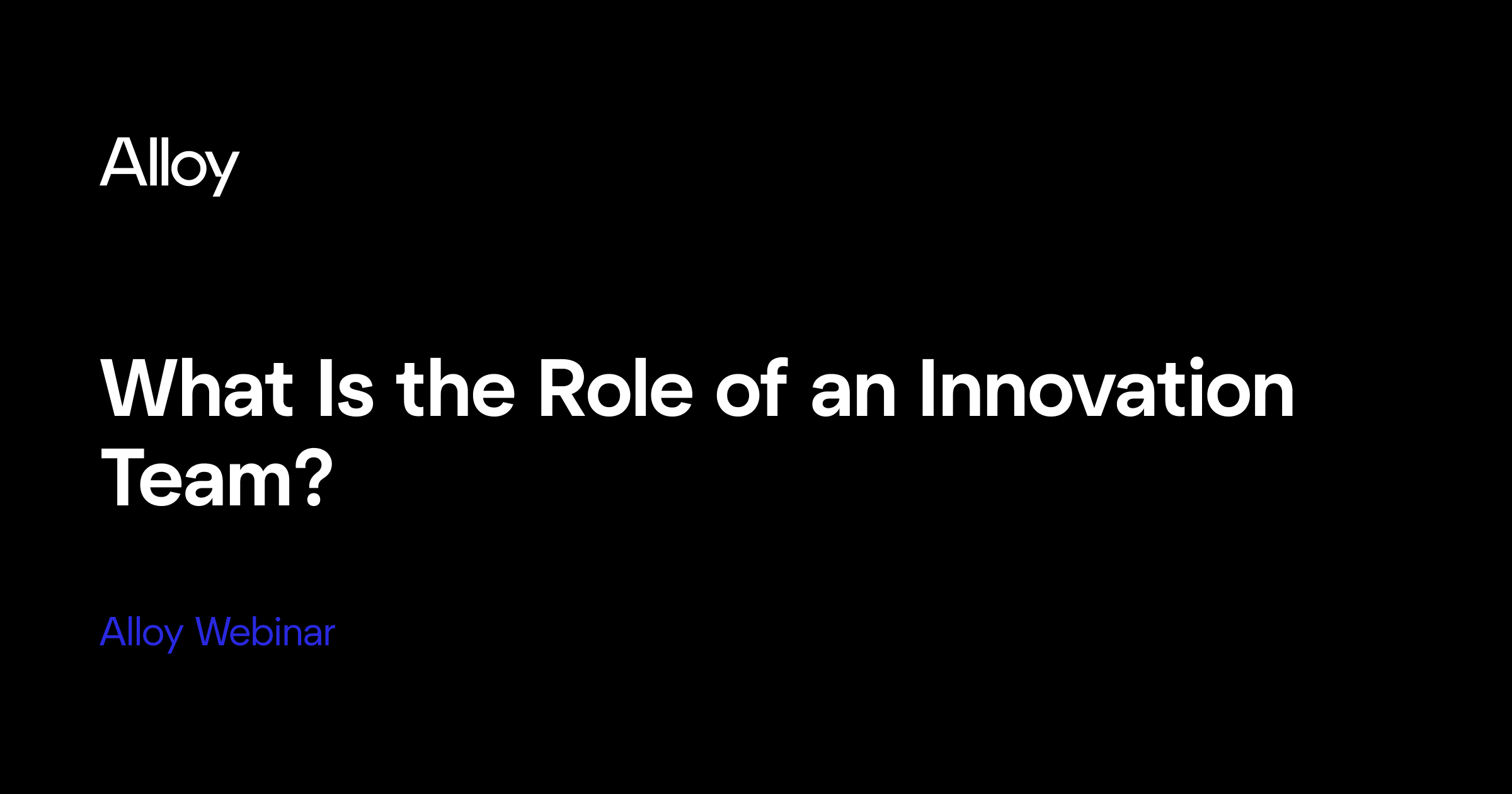
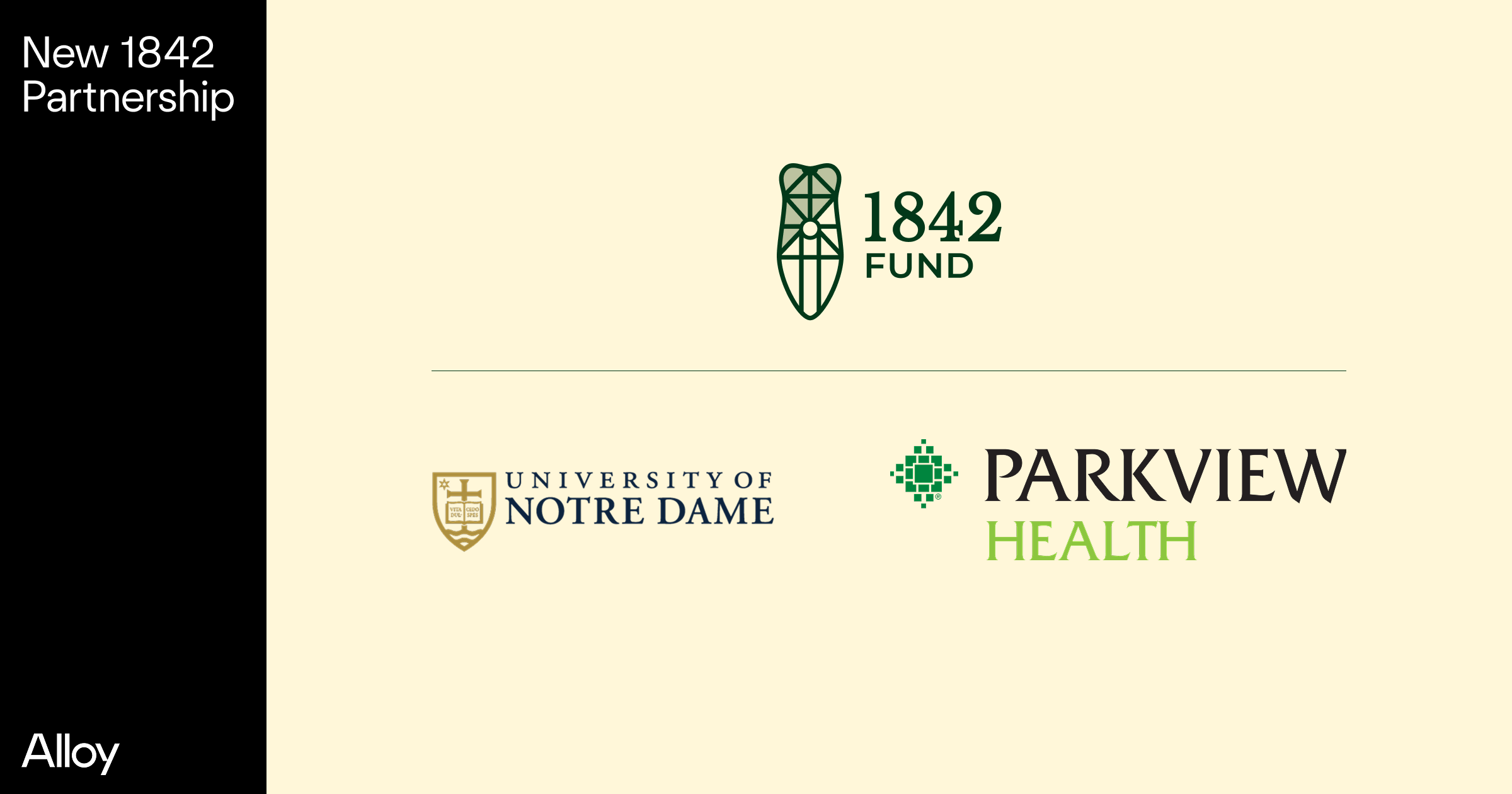
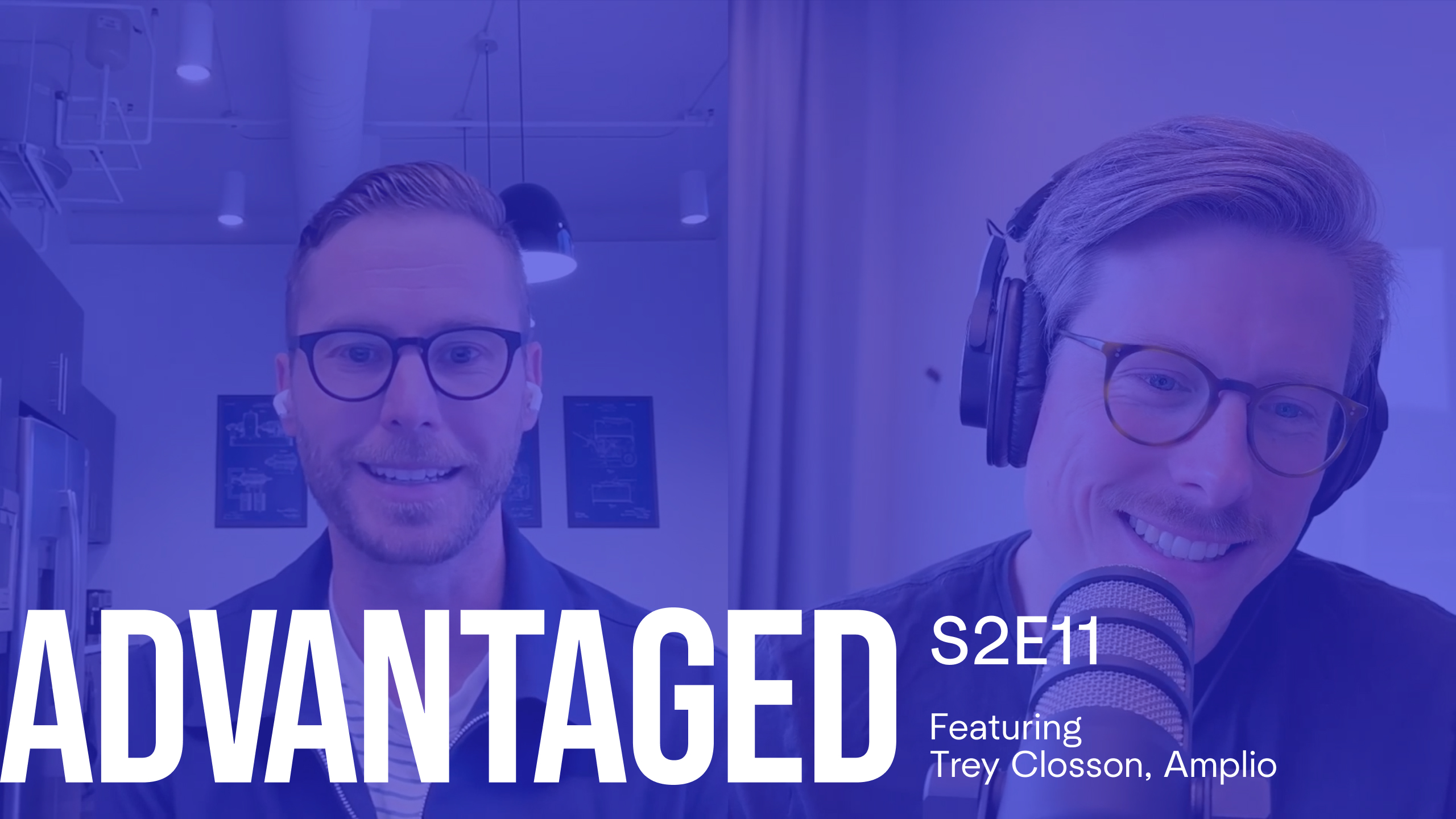
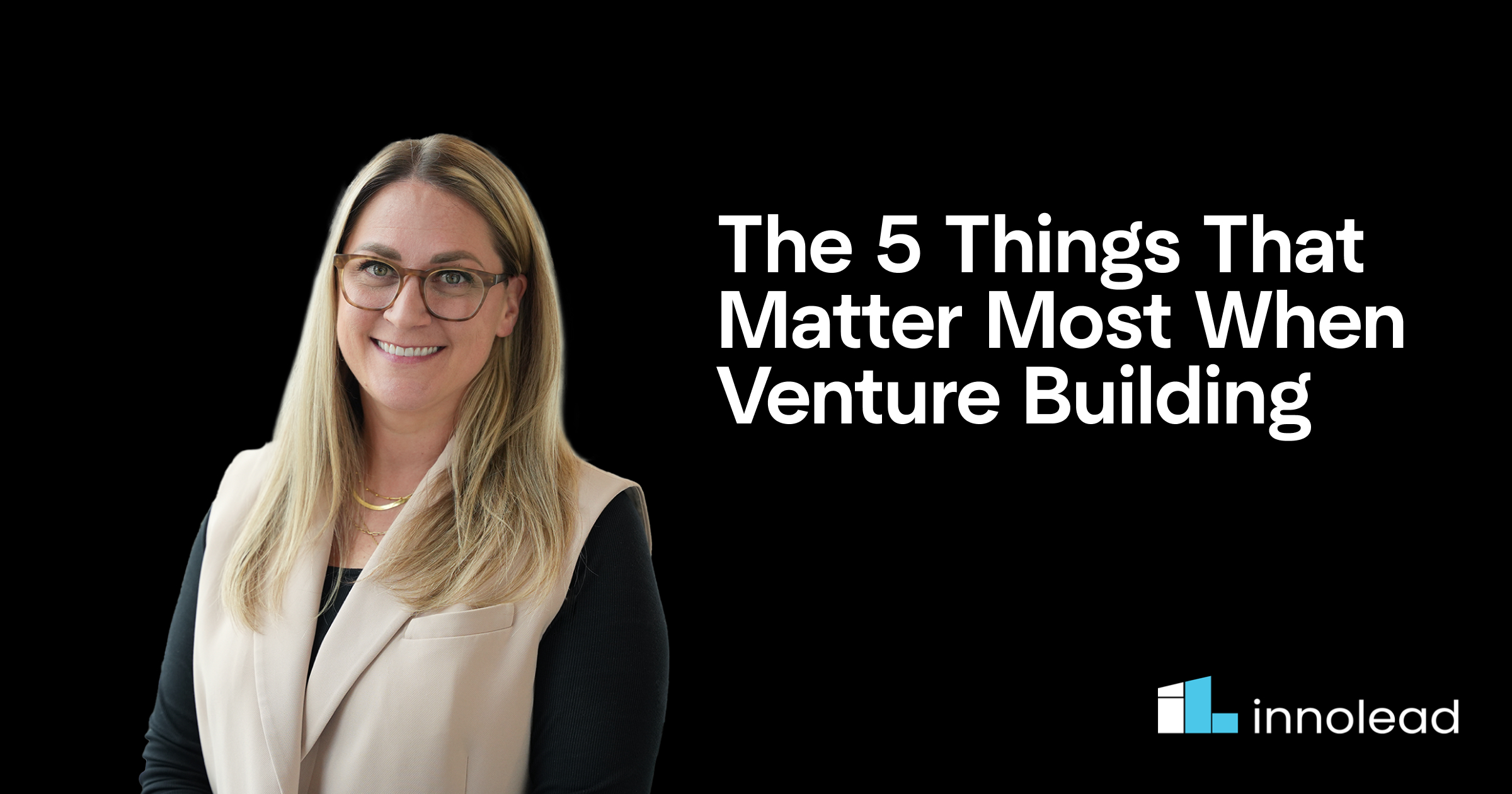
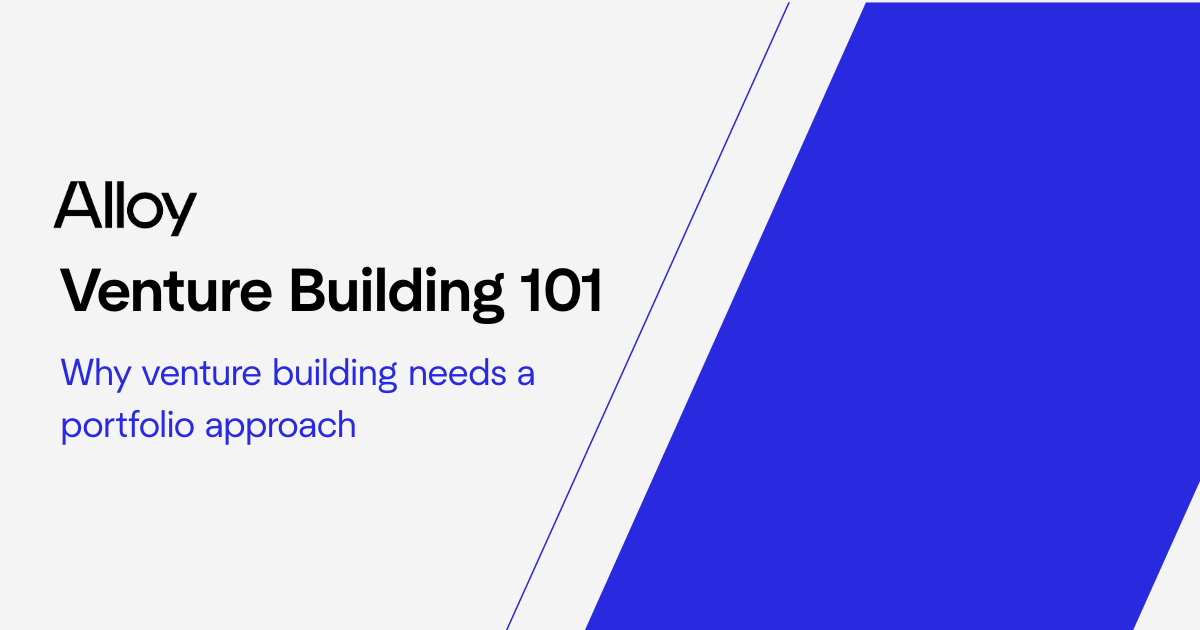
.png)
